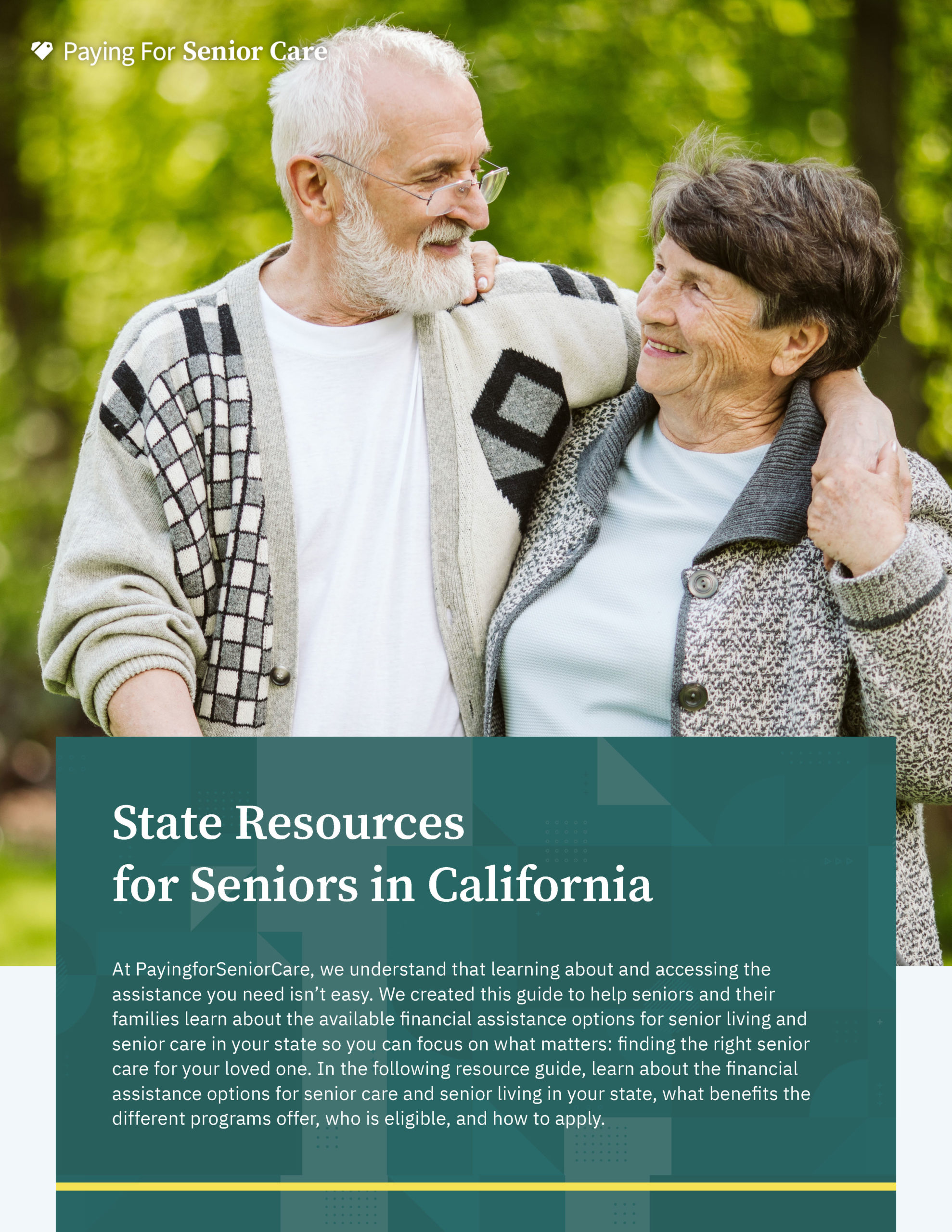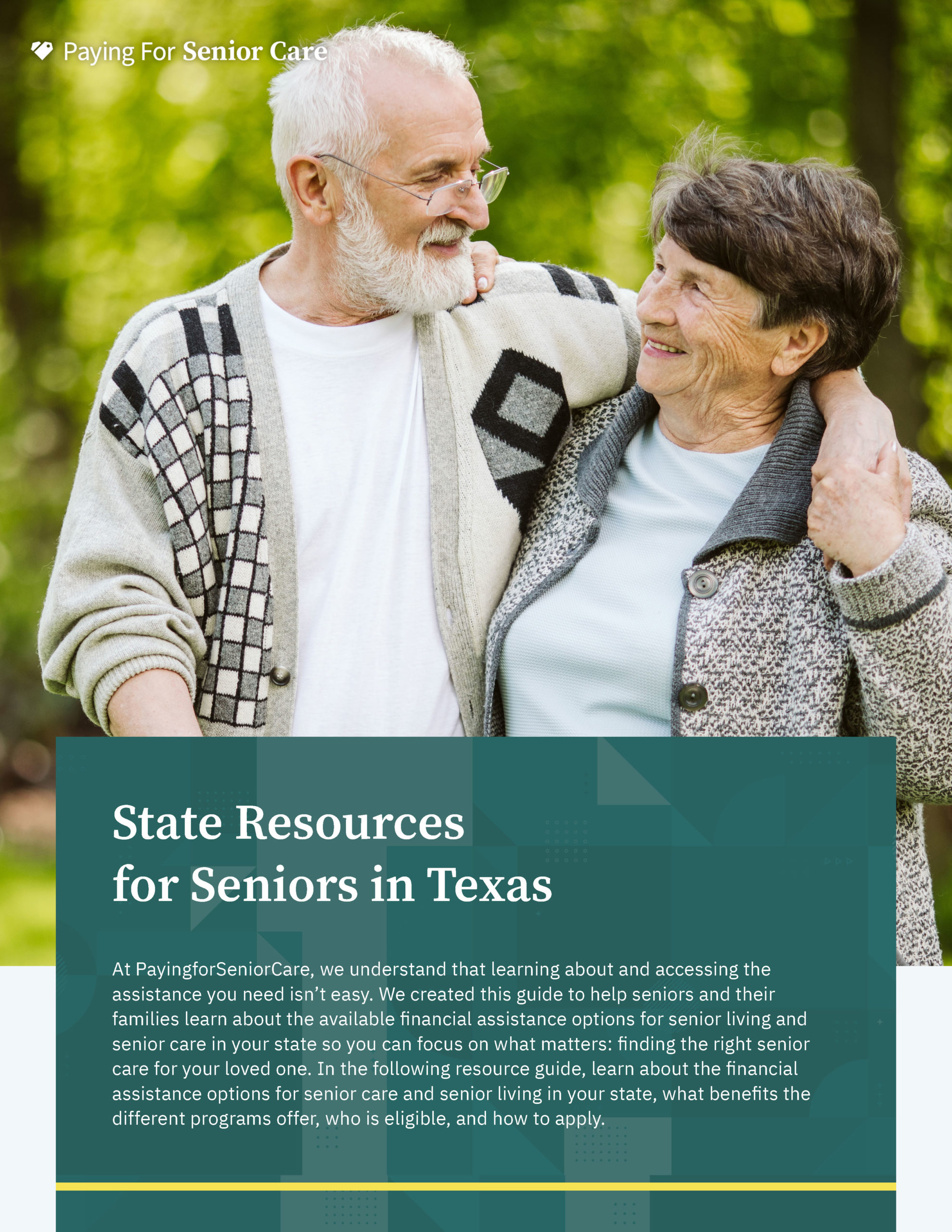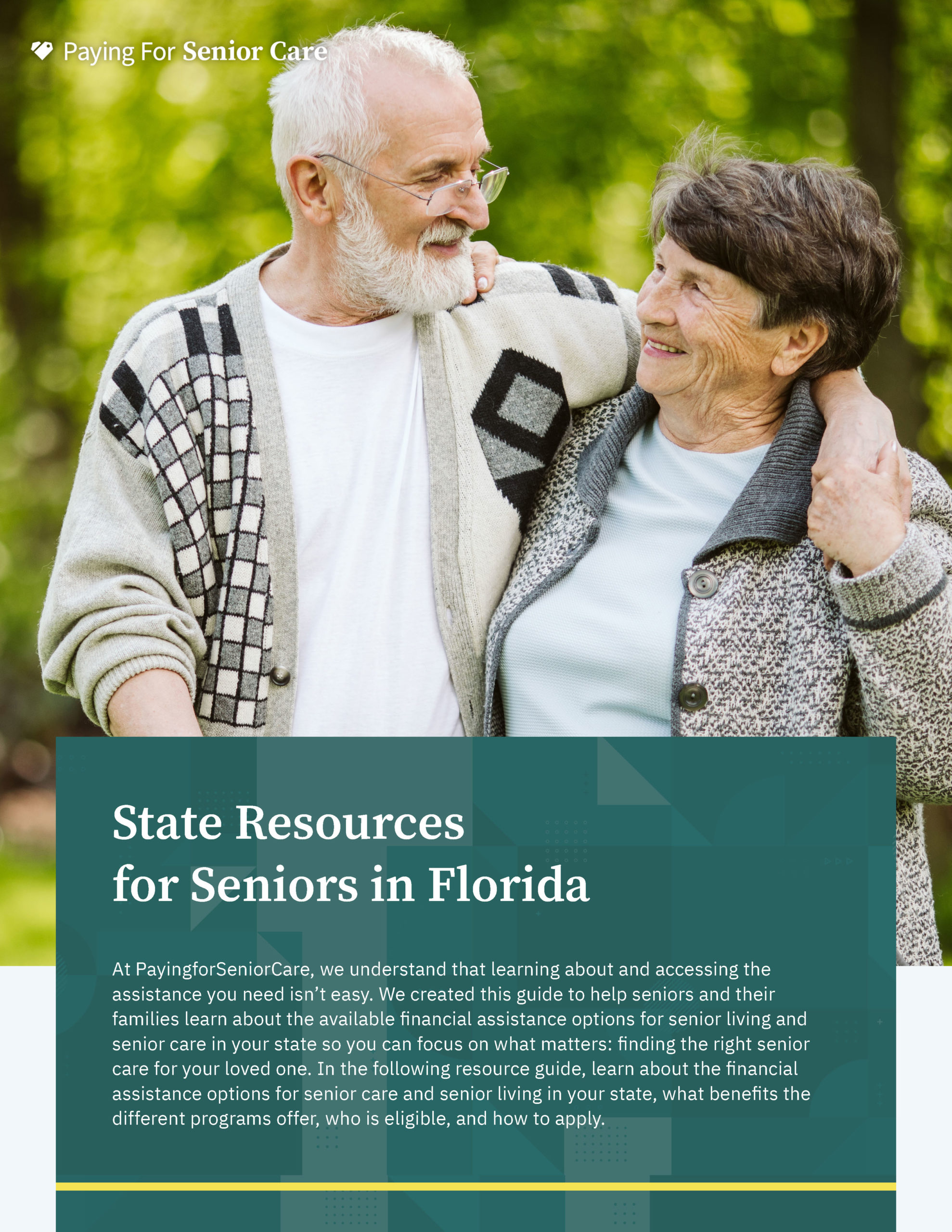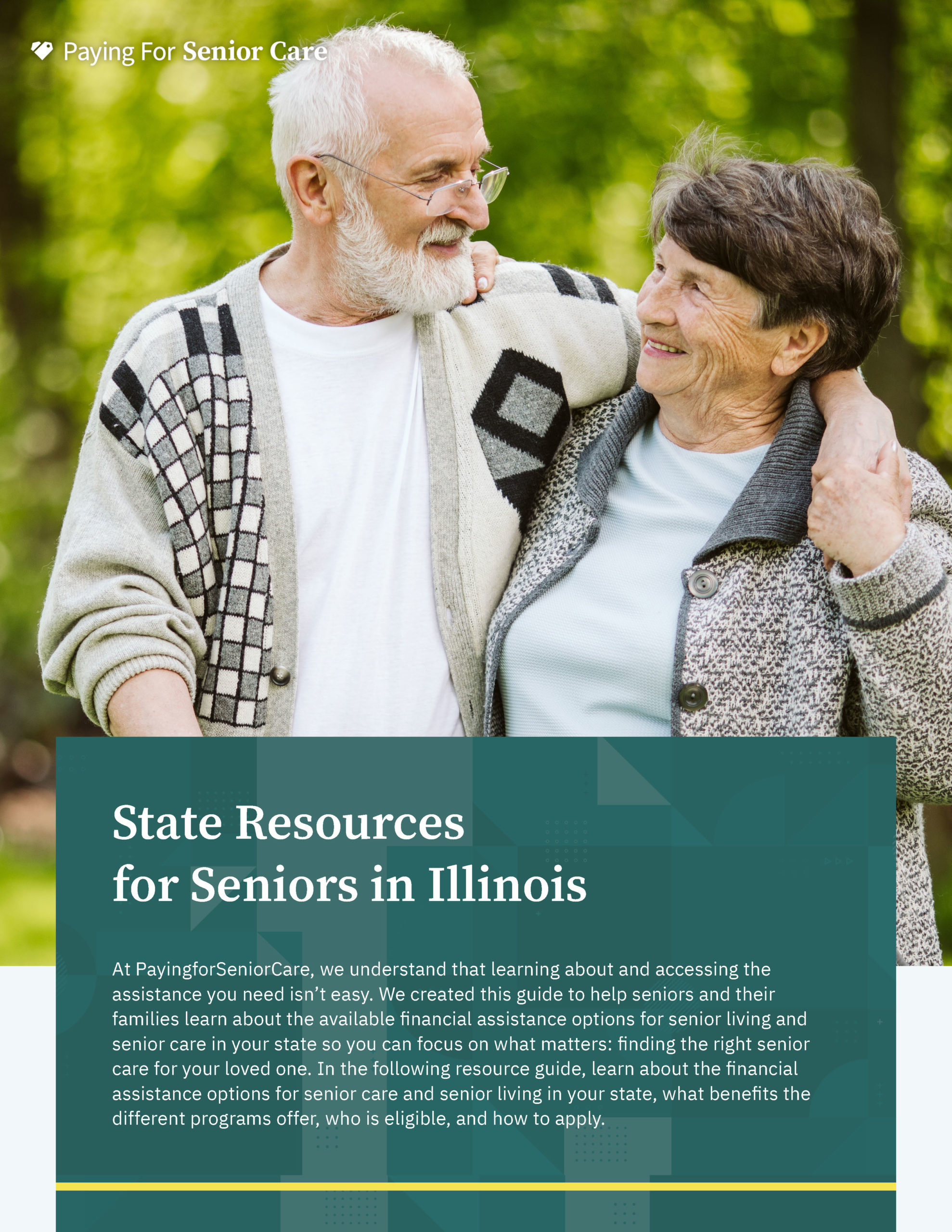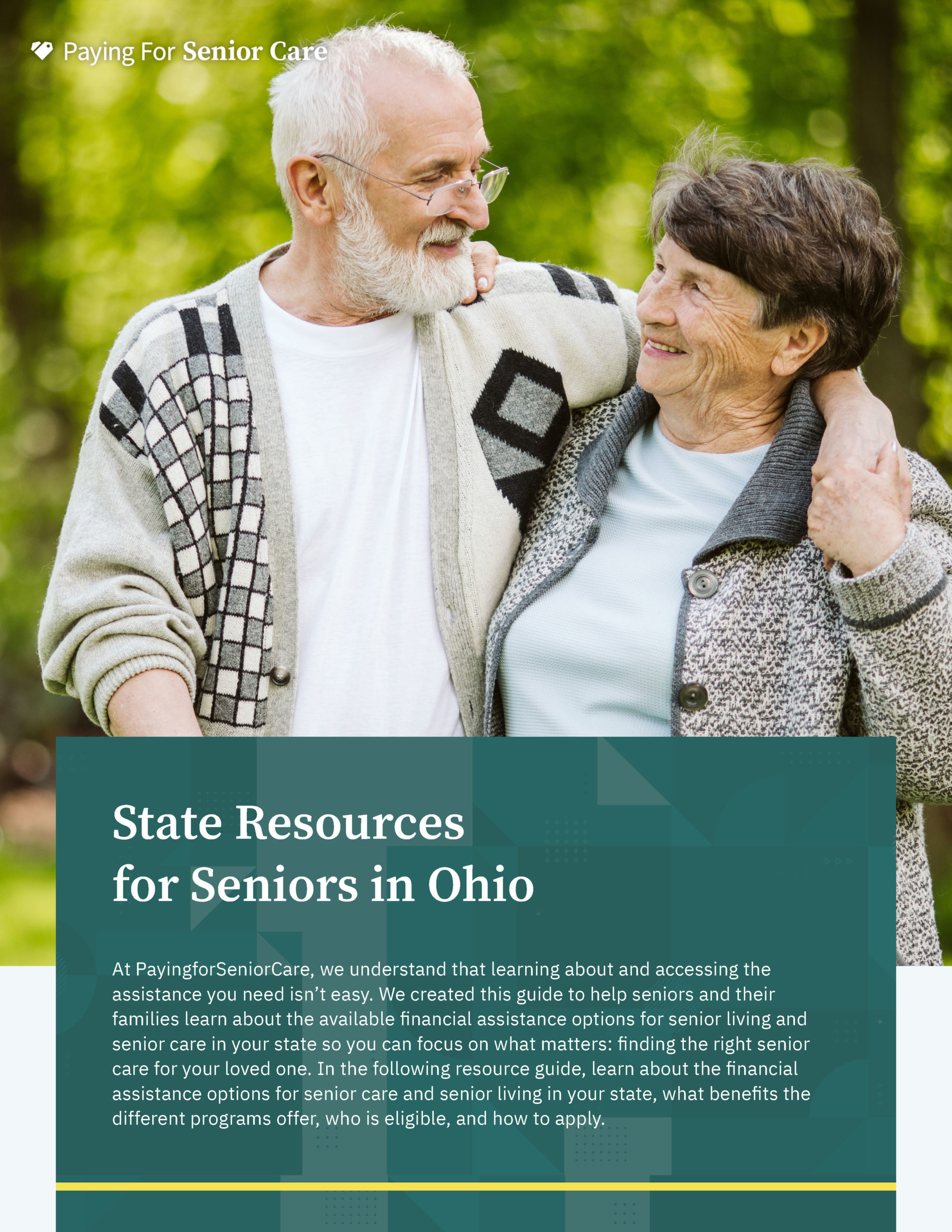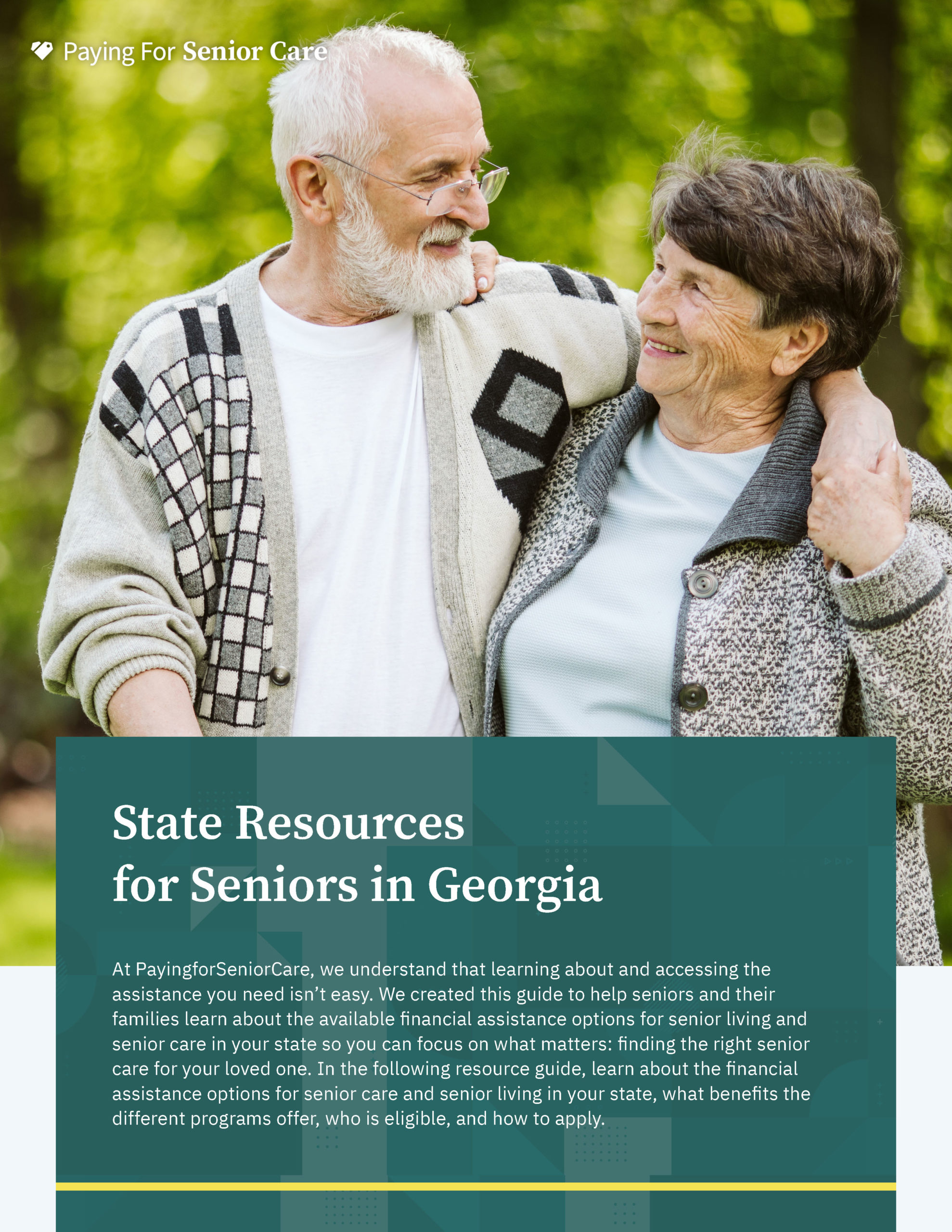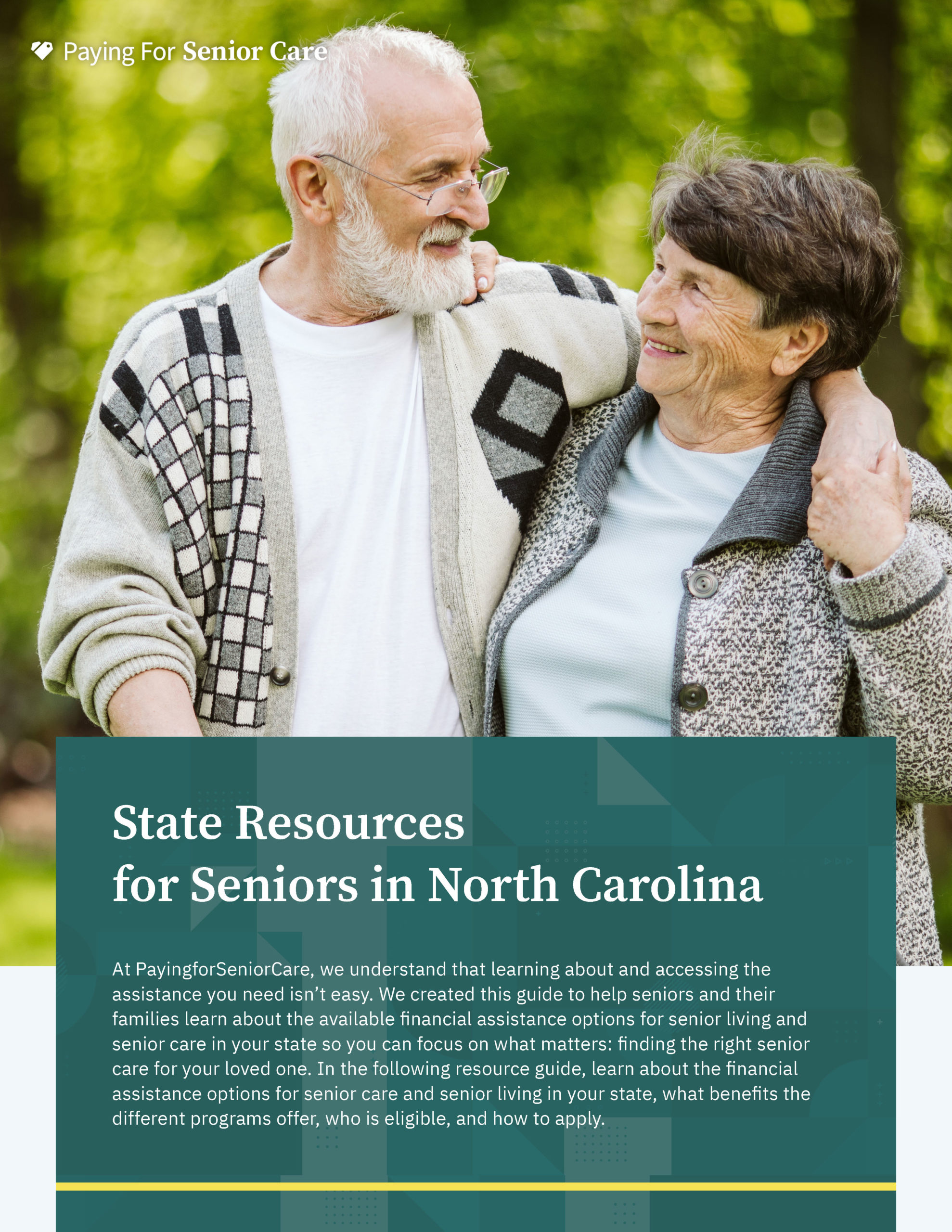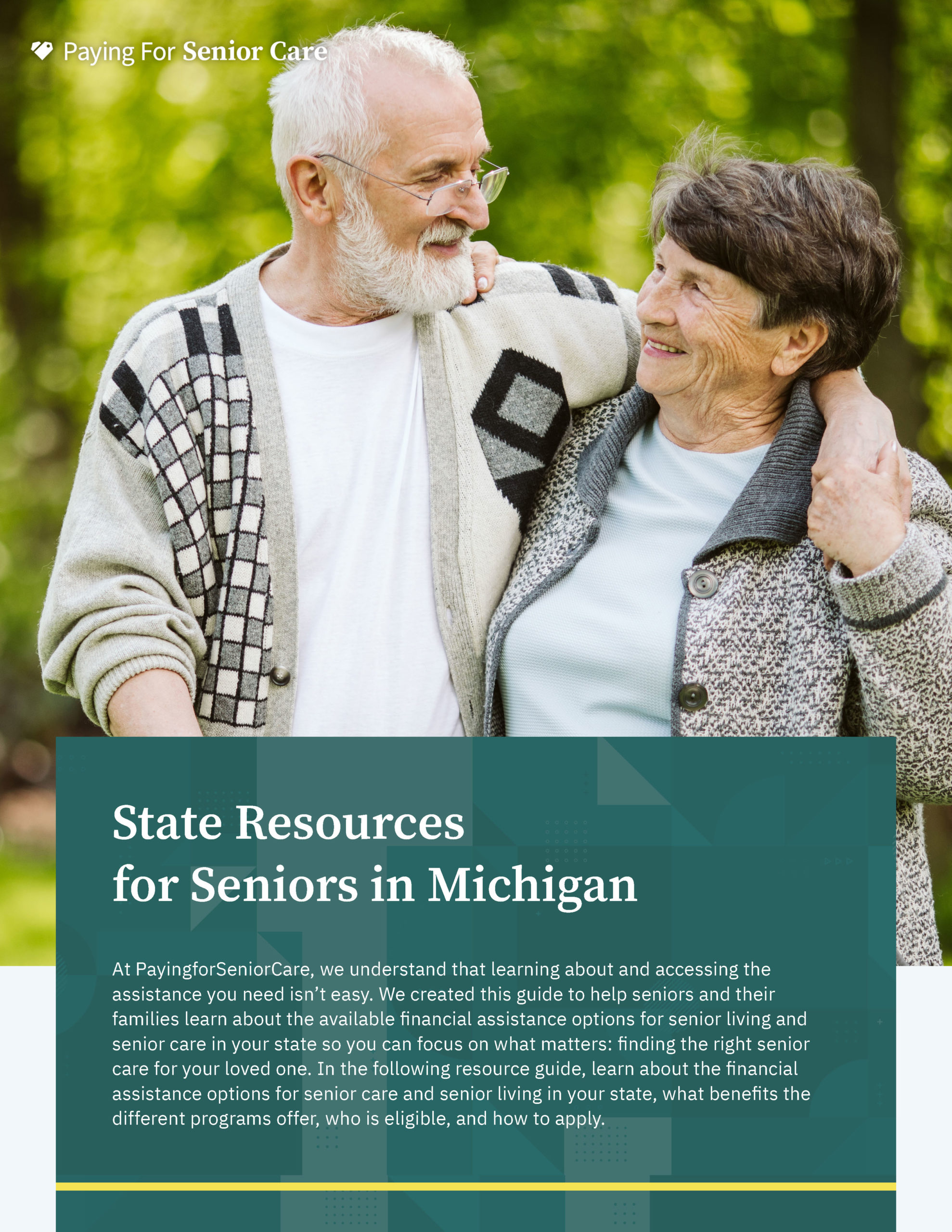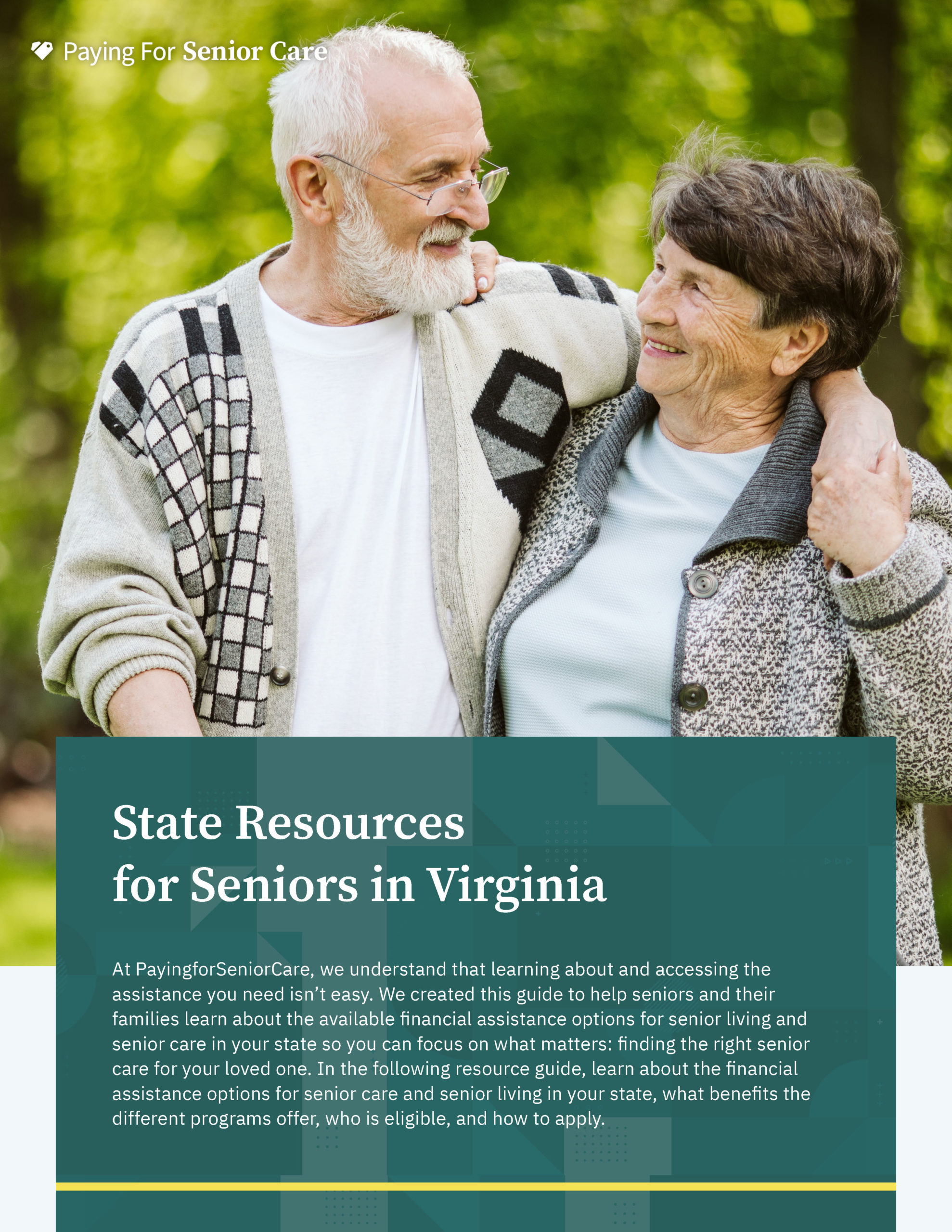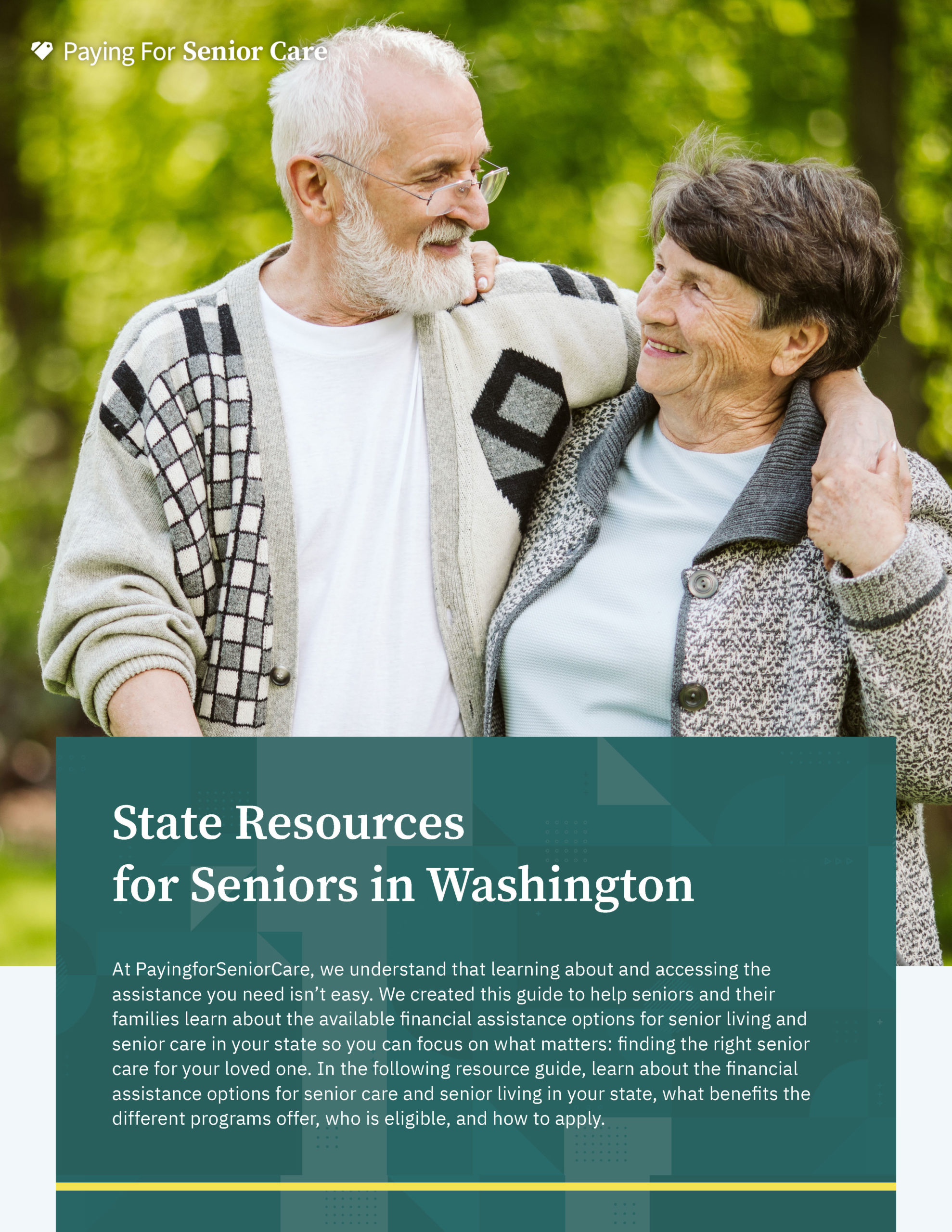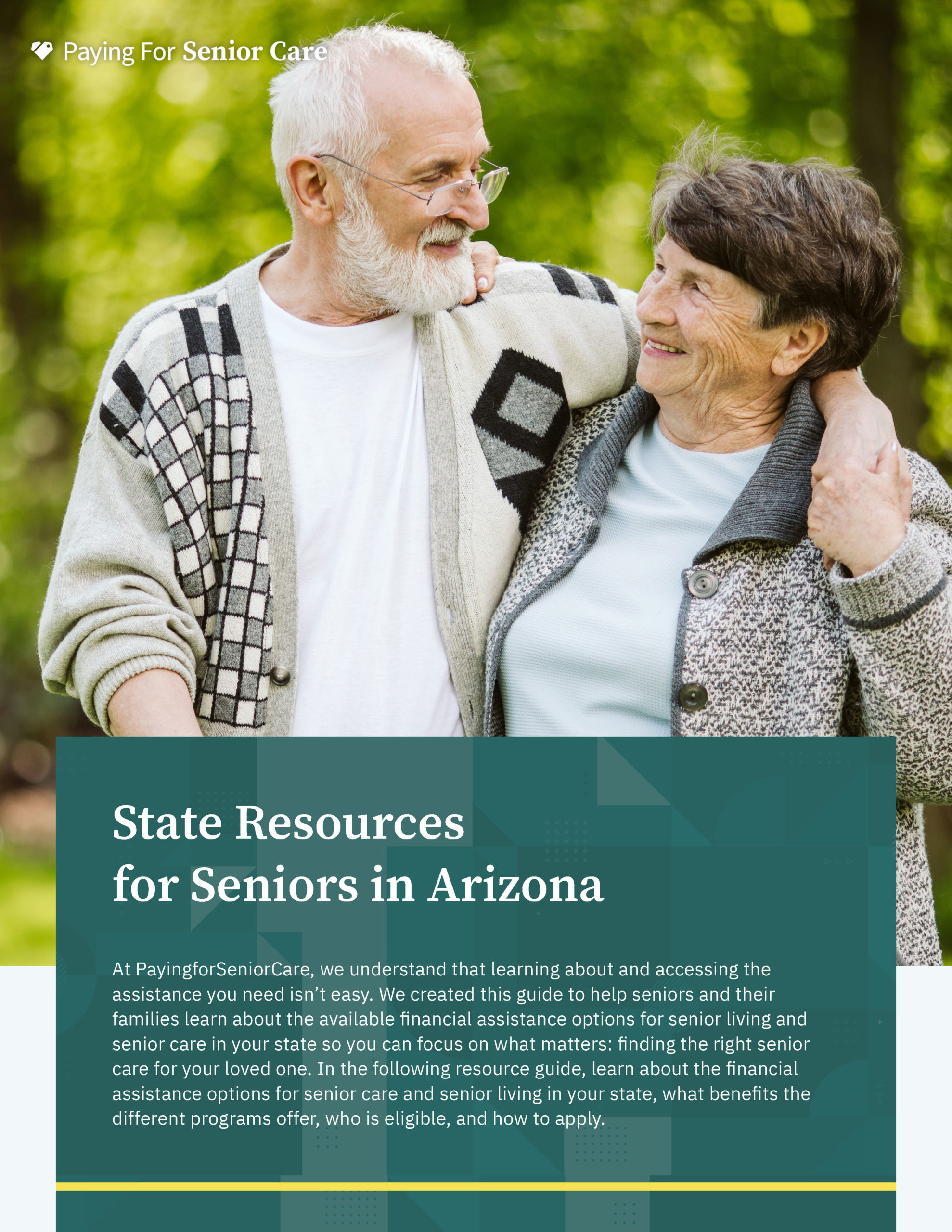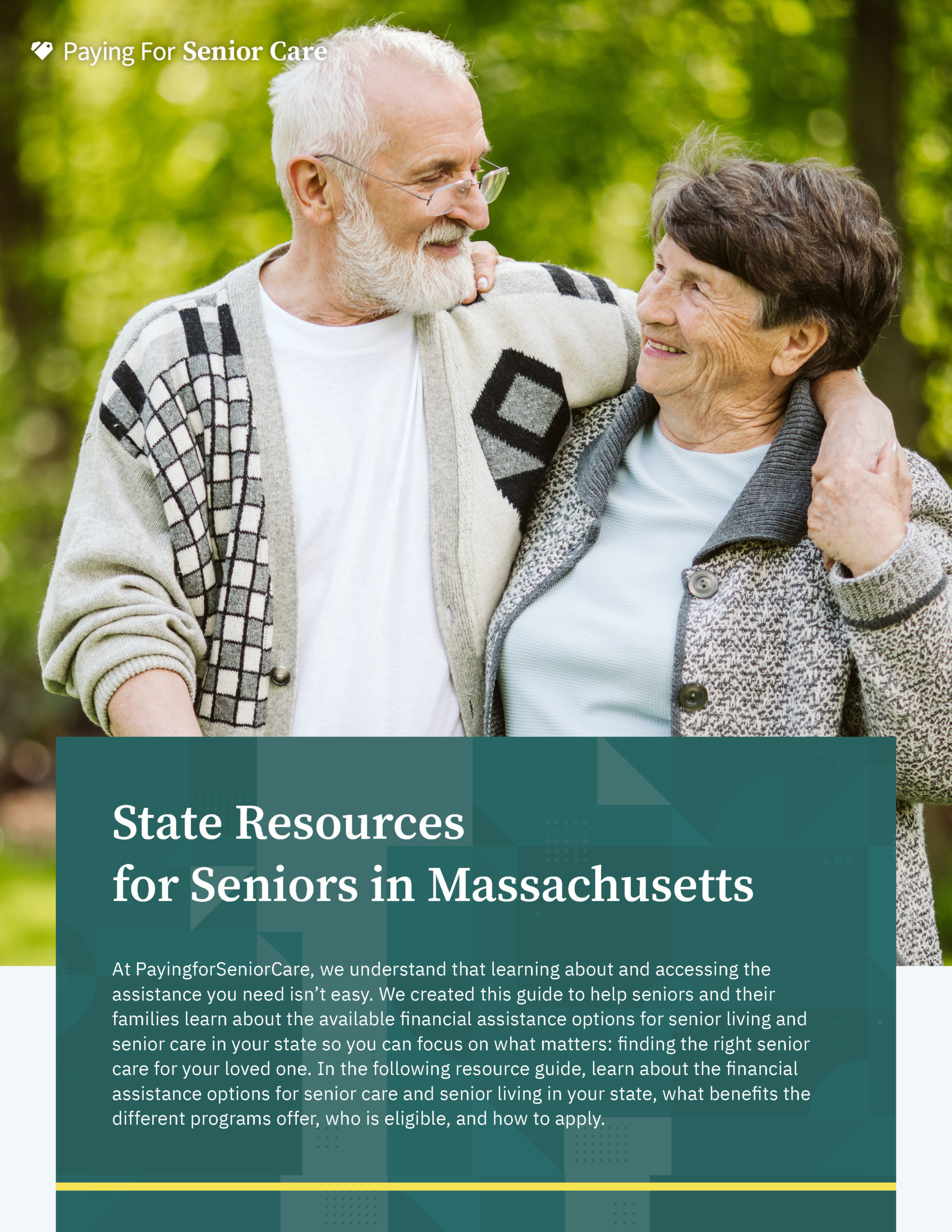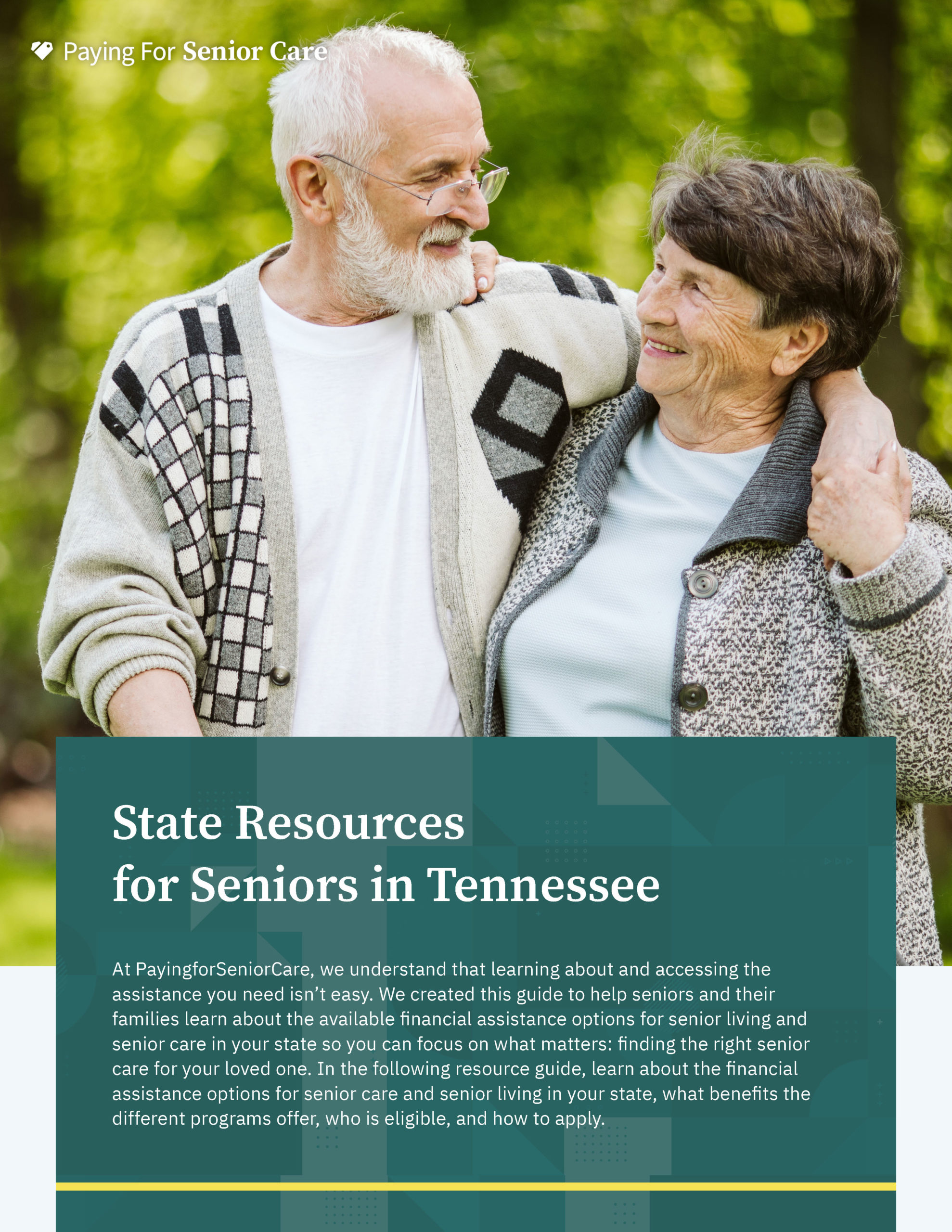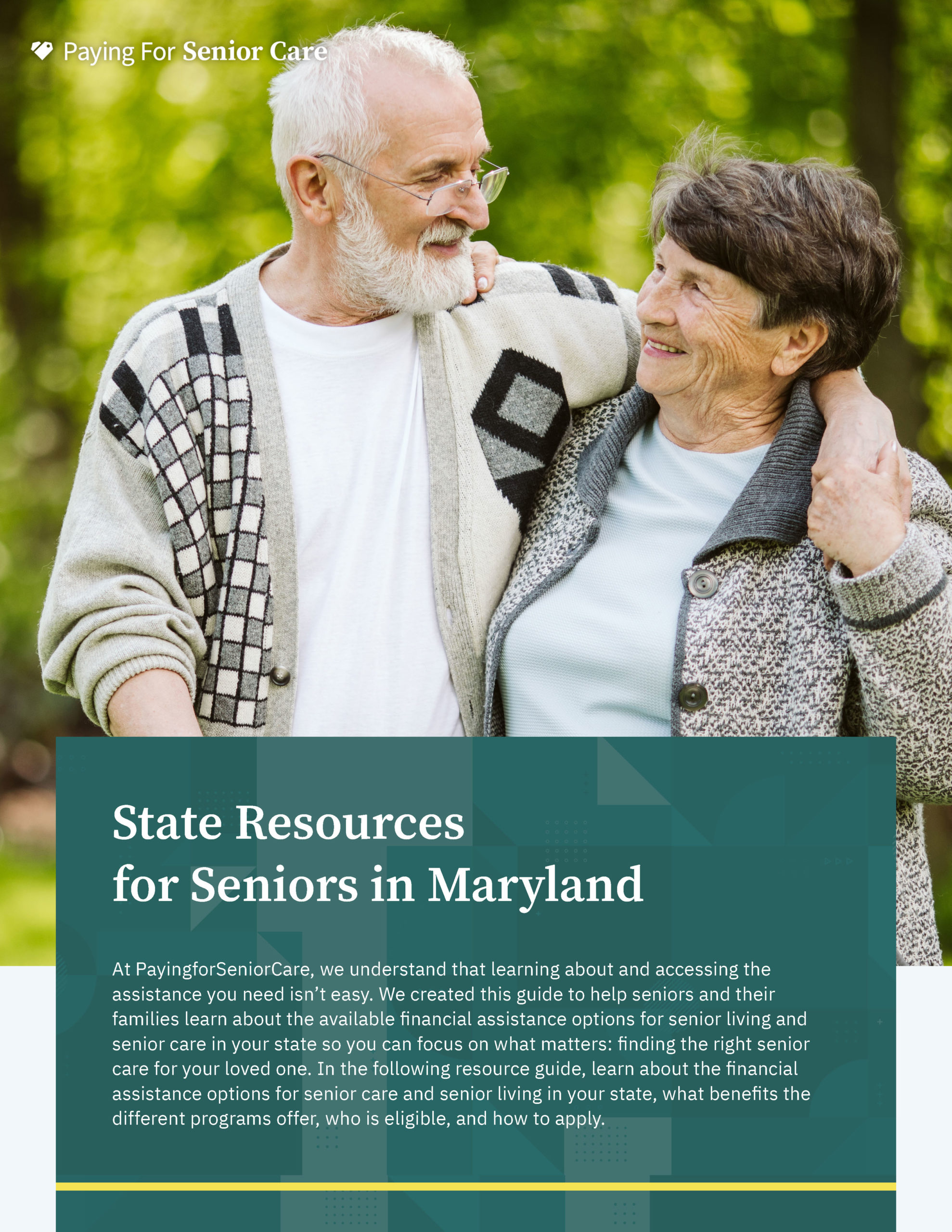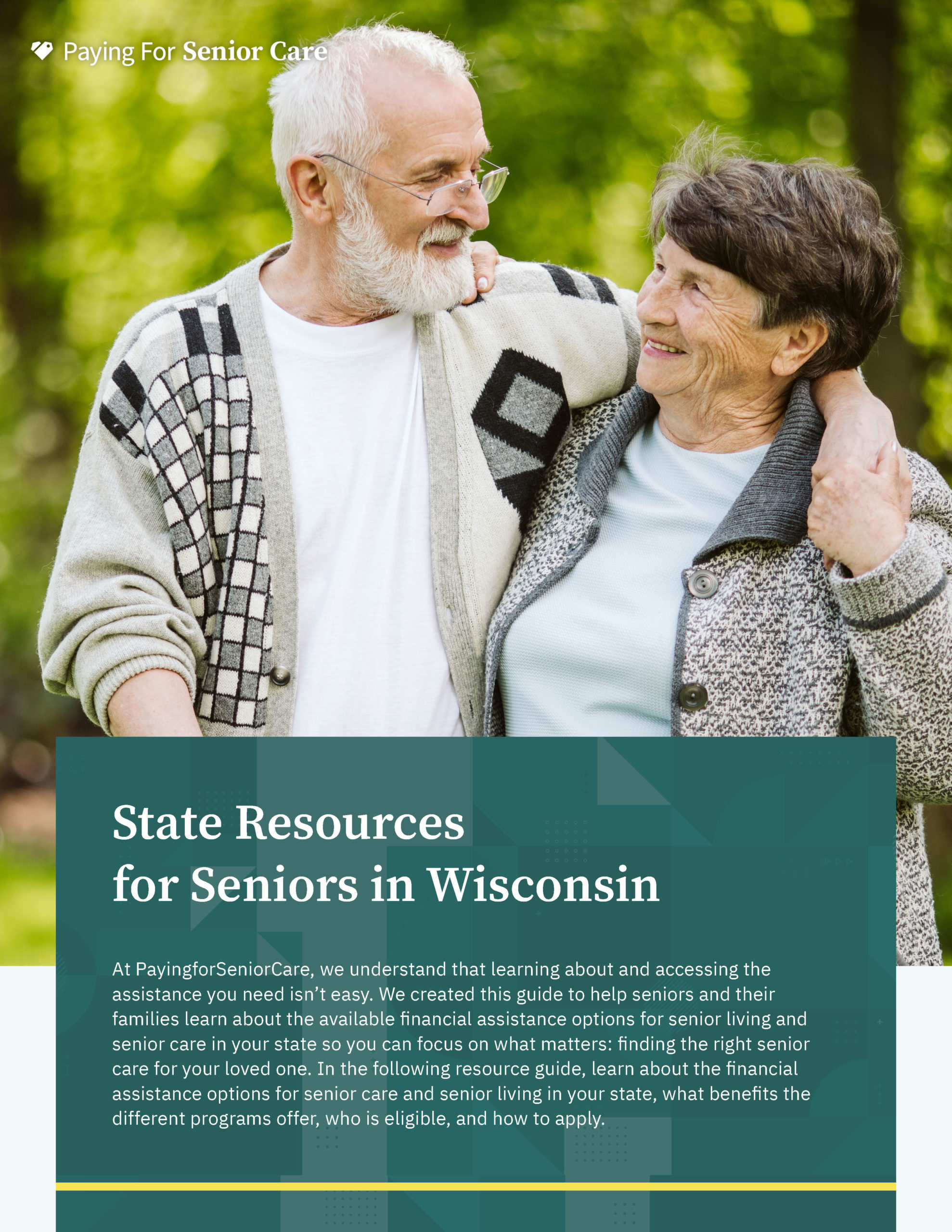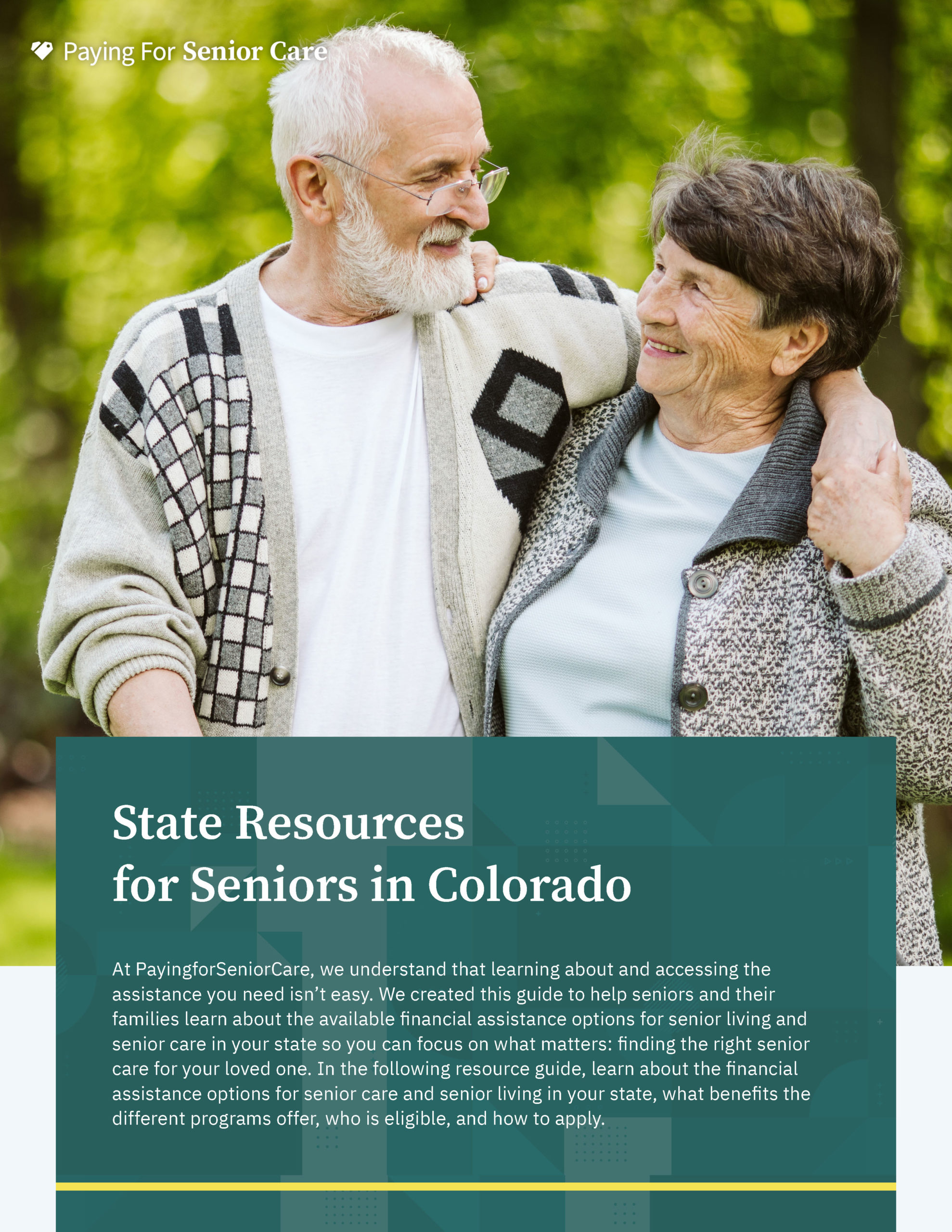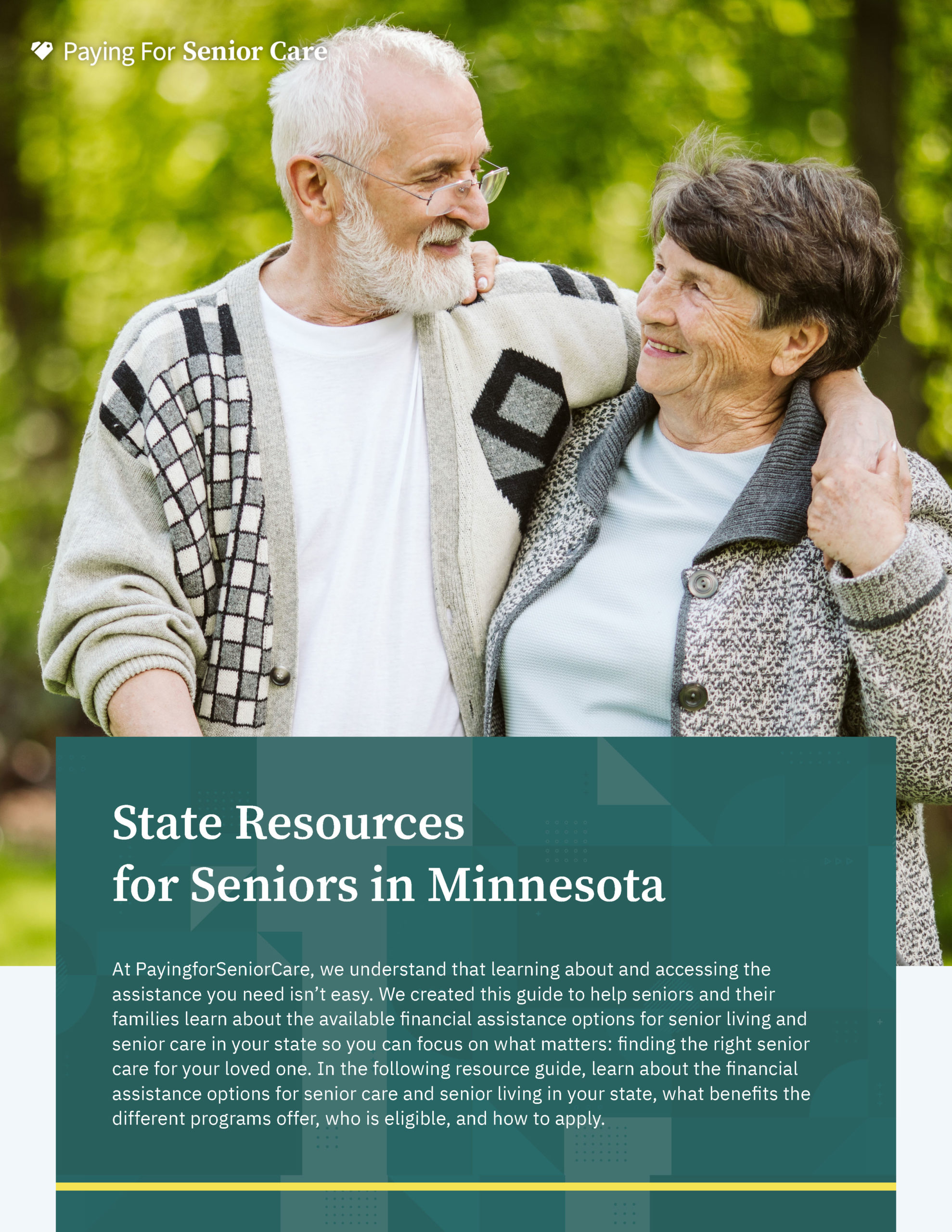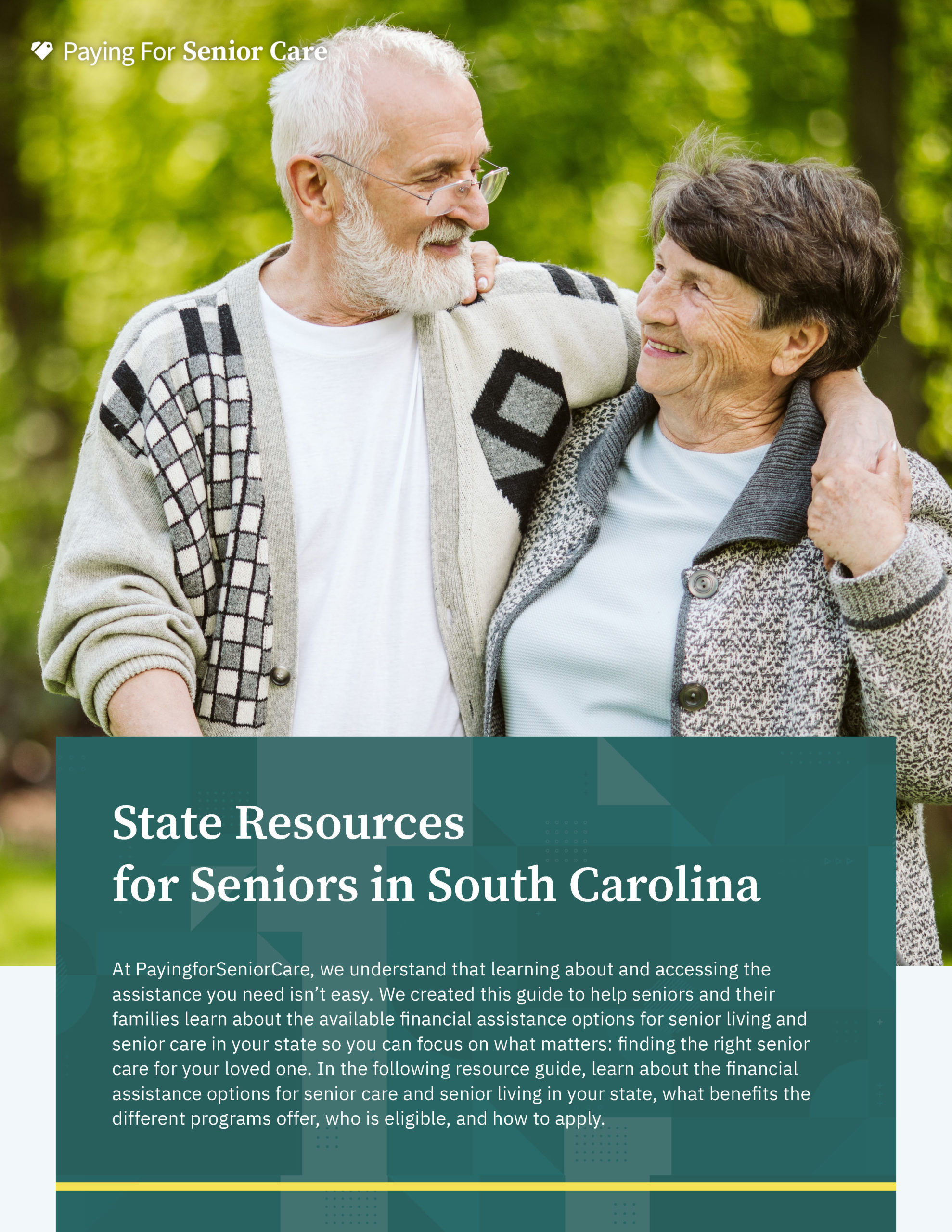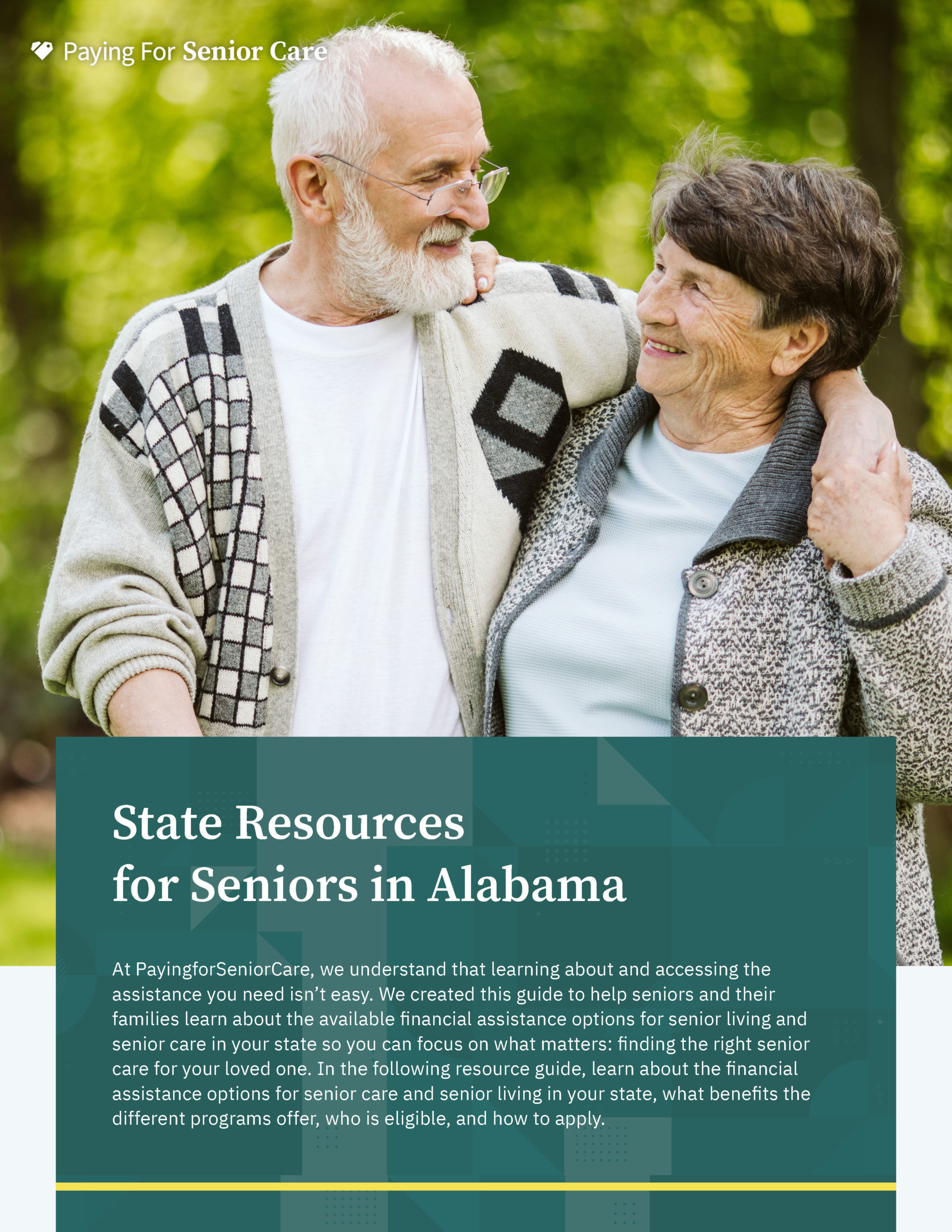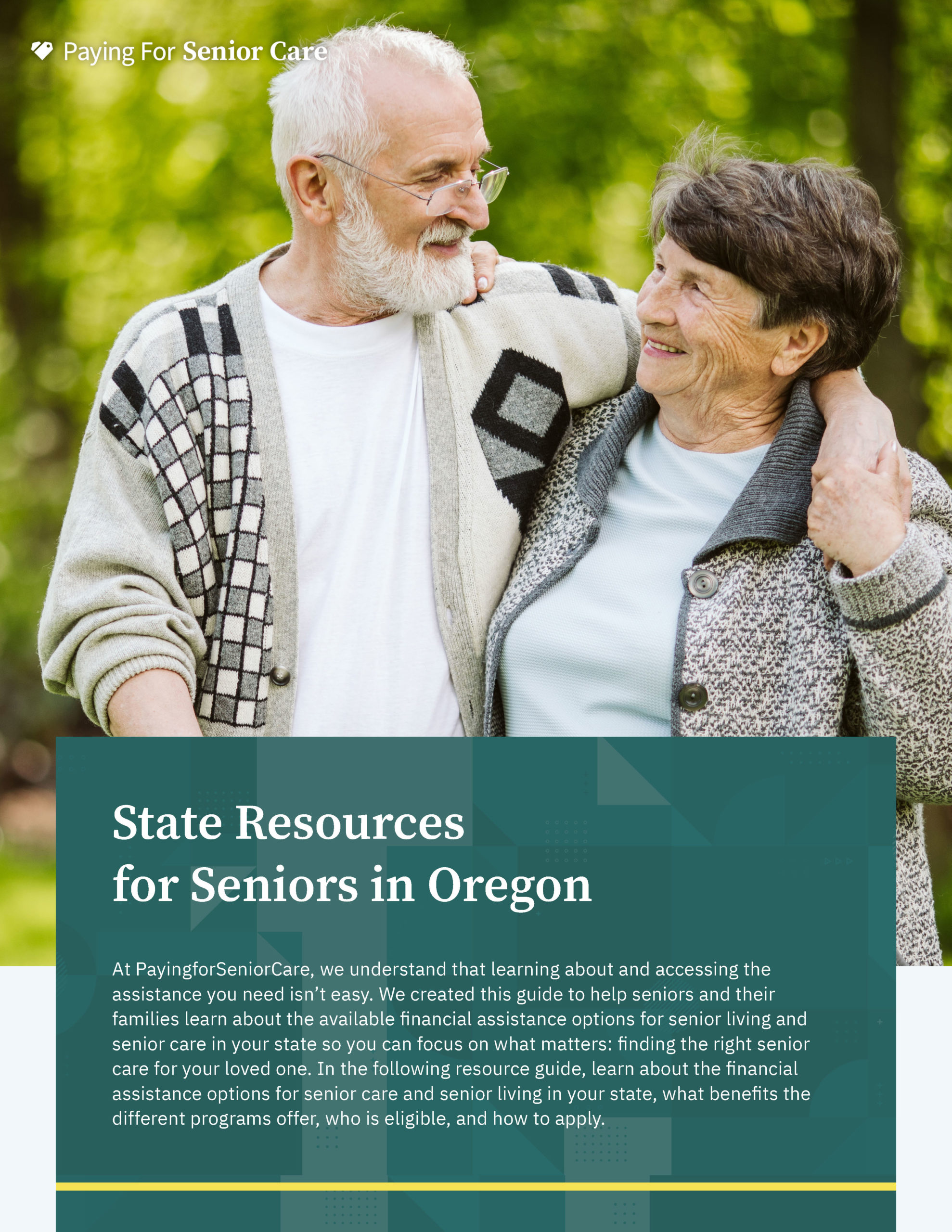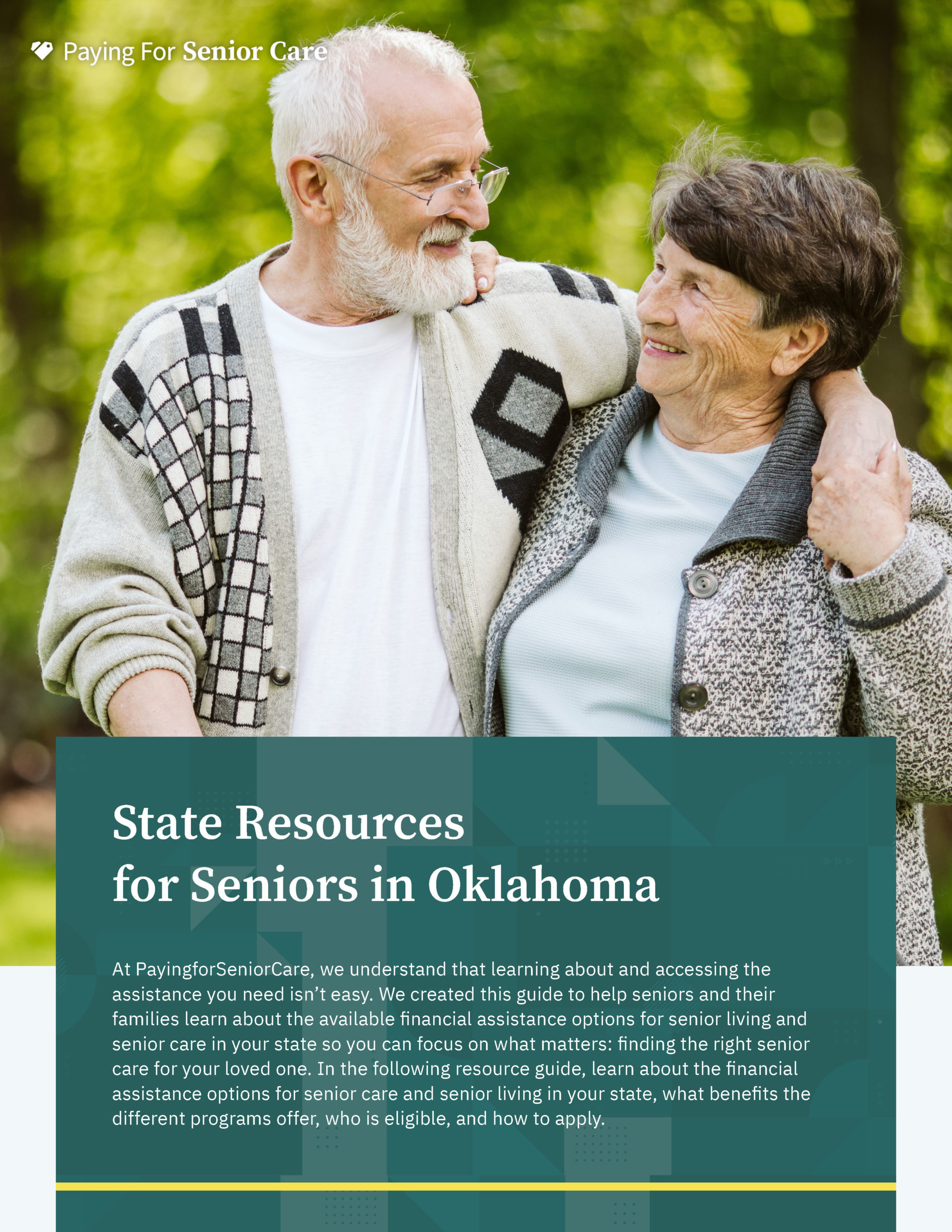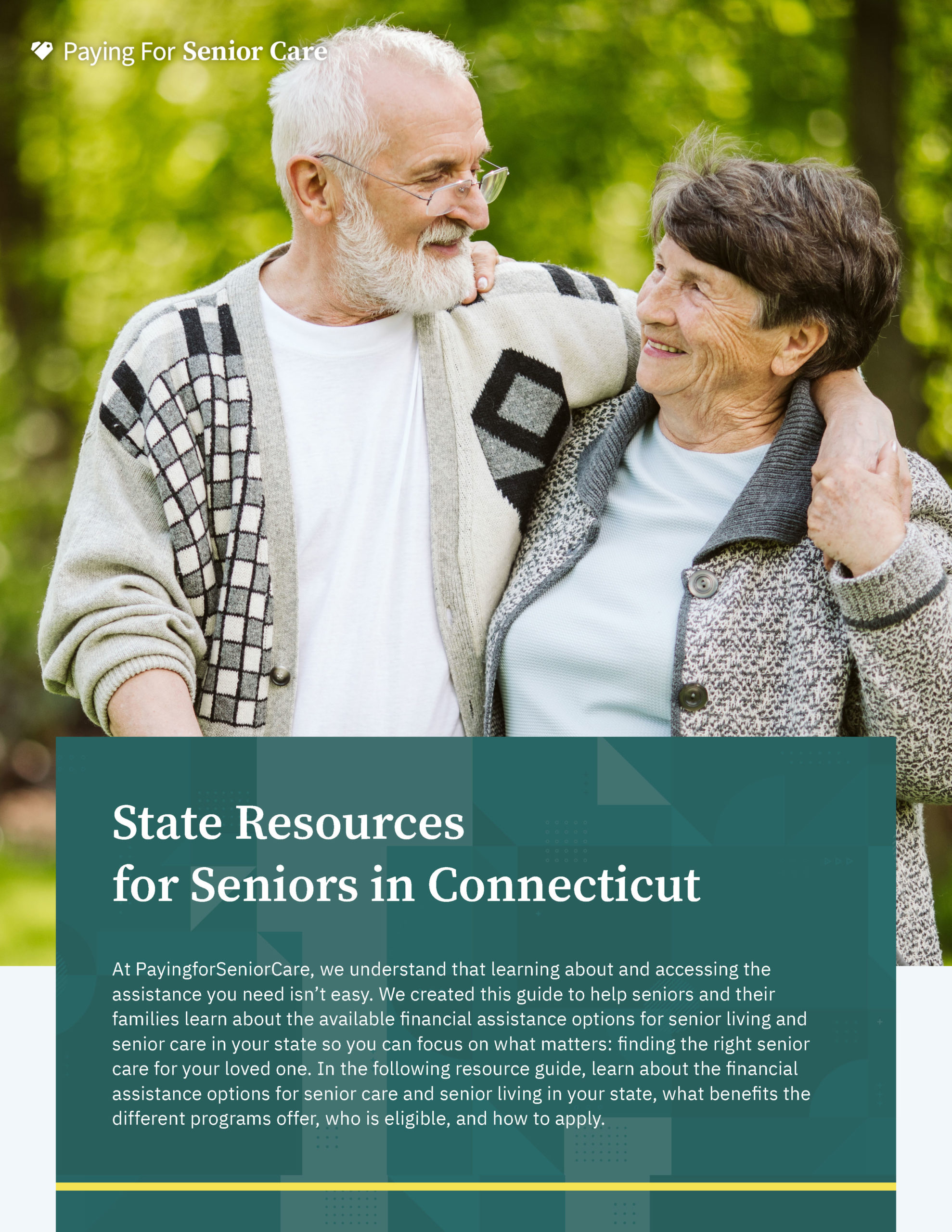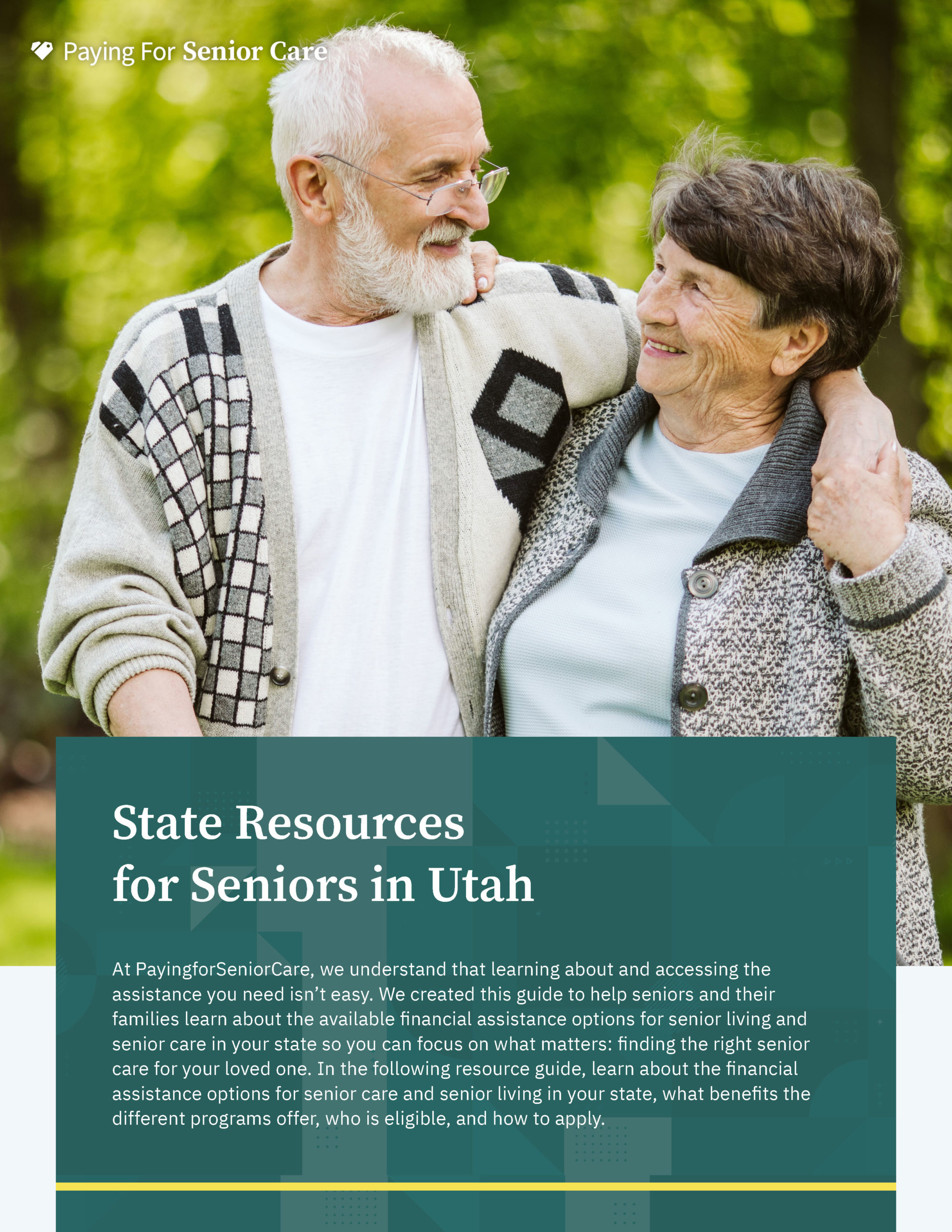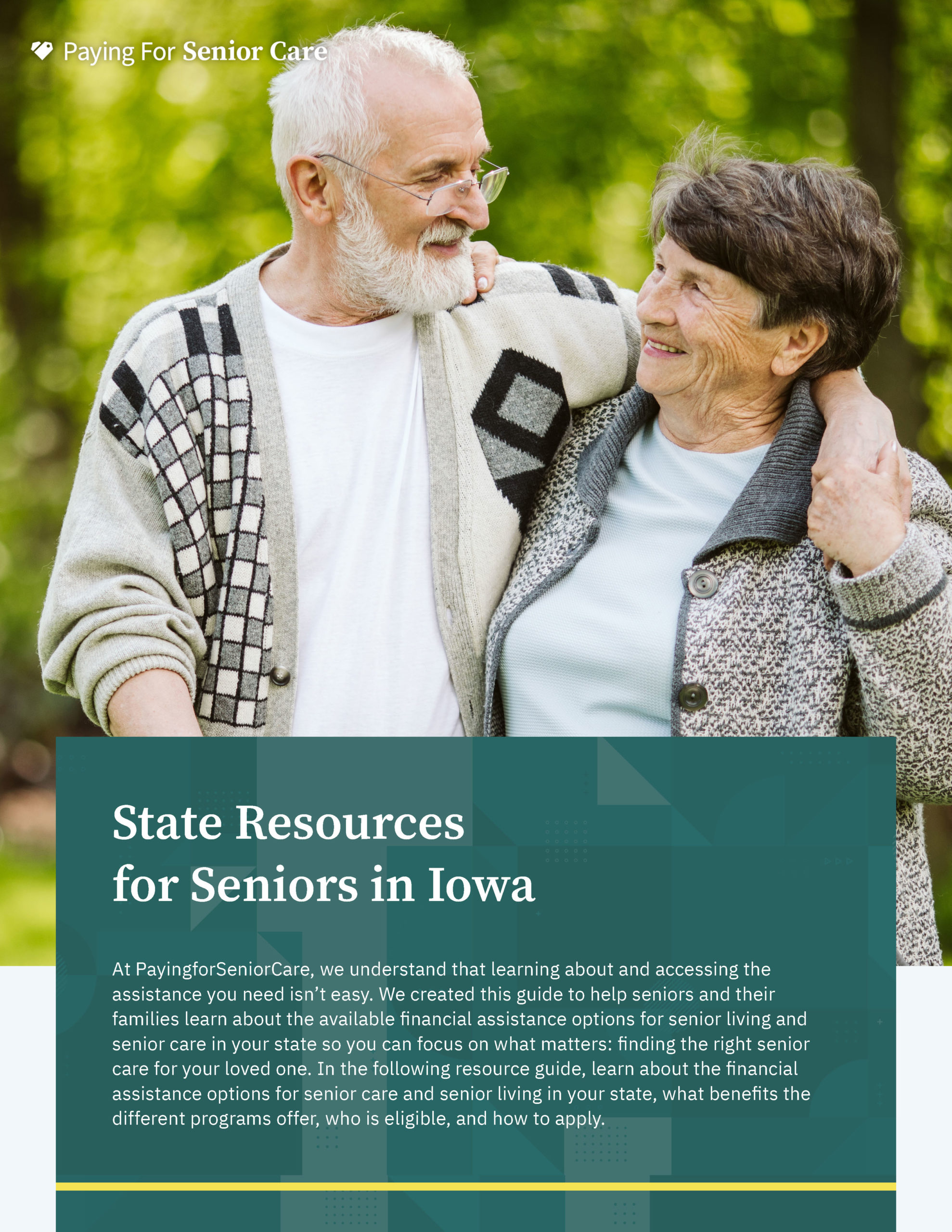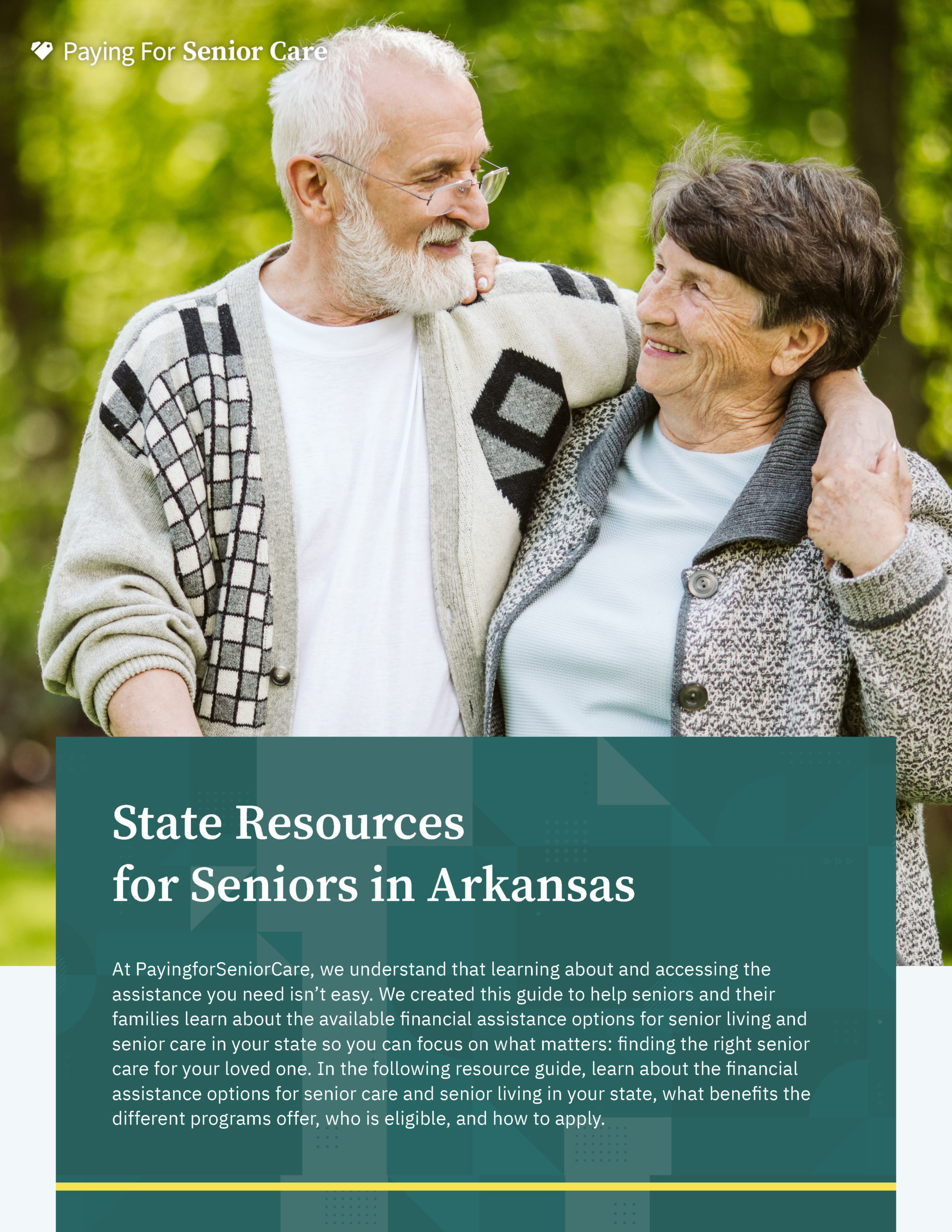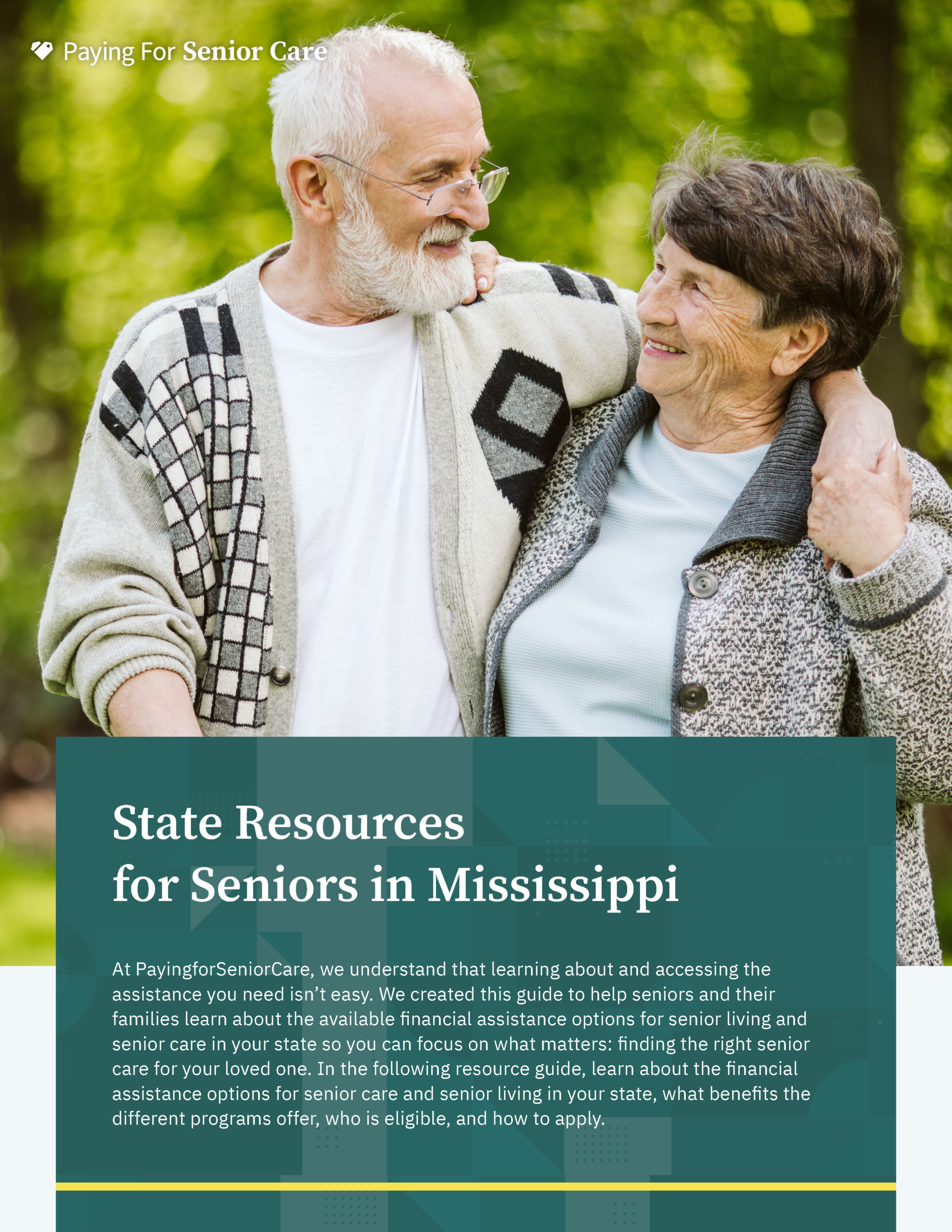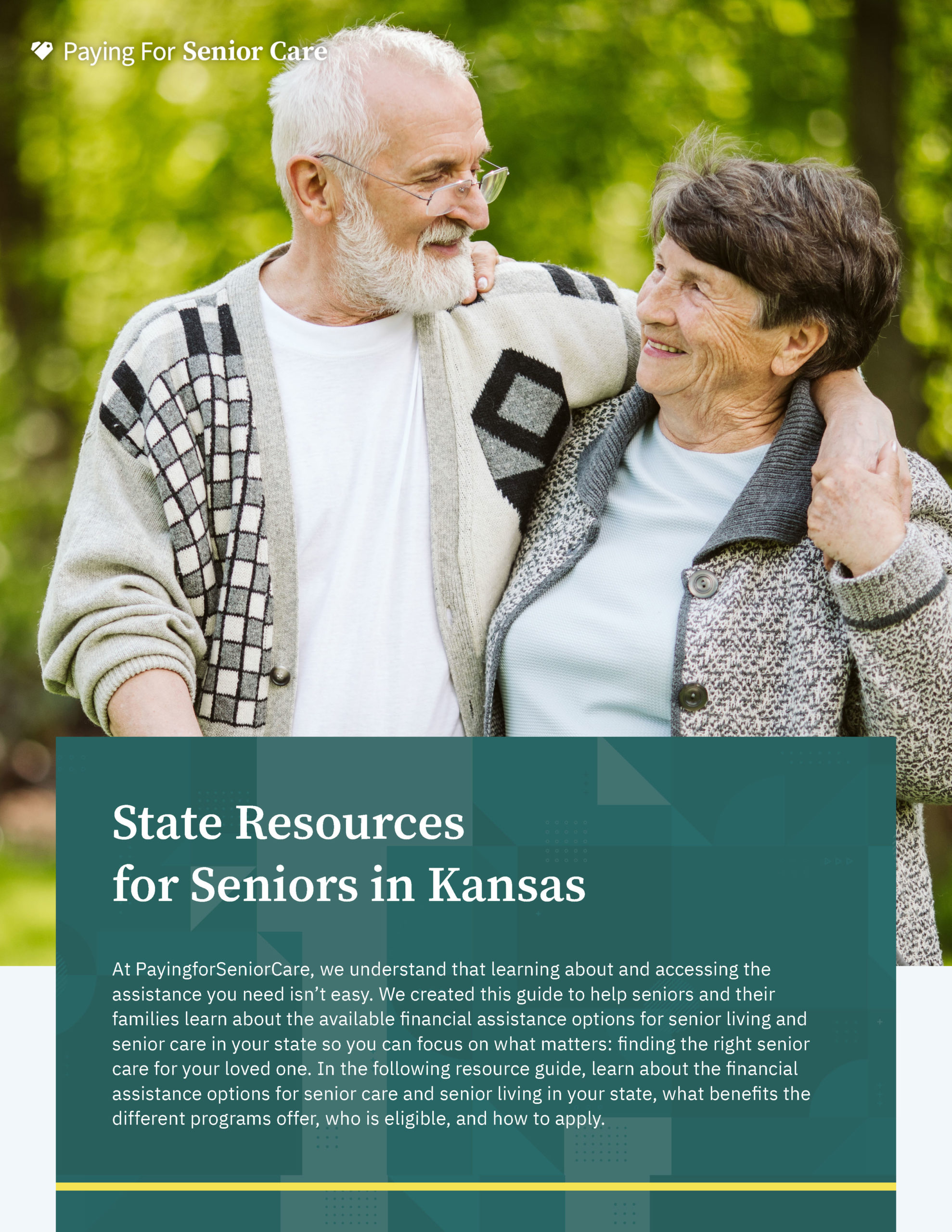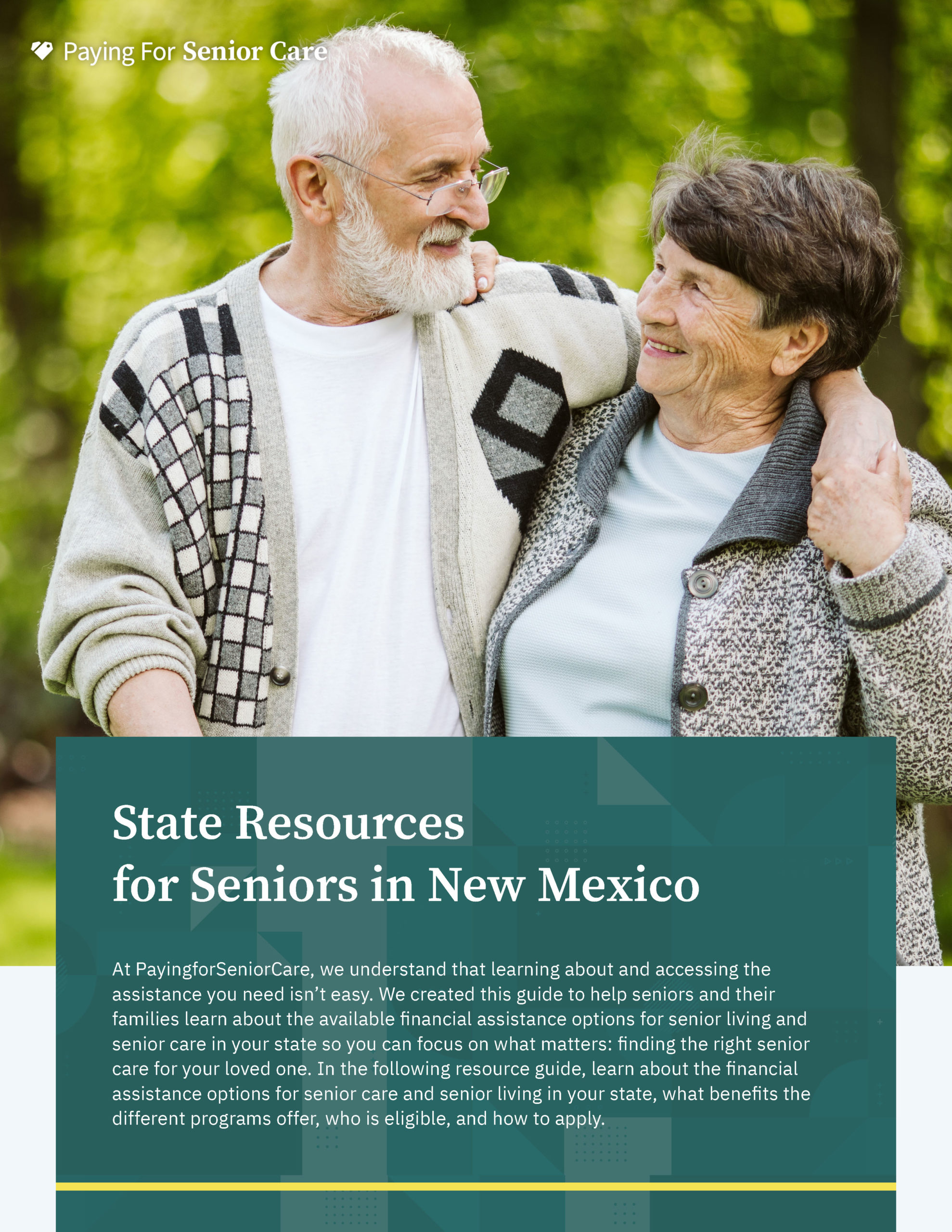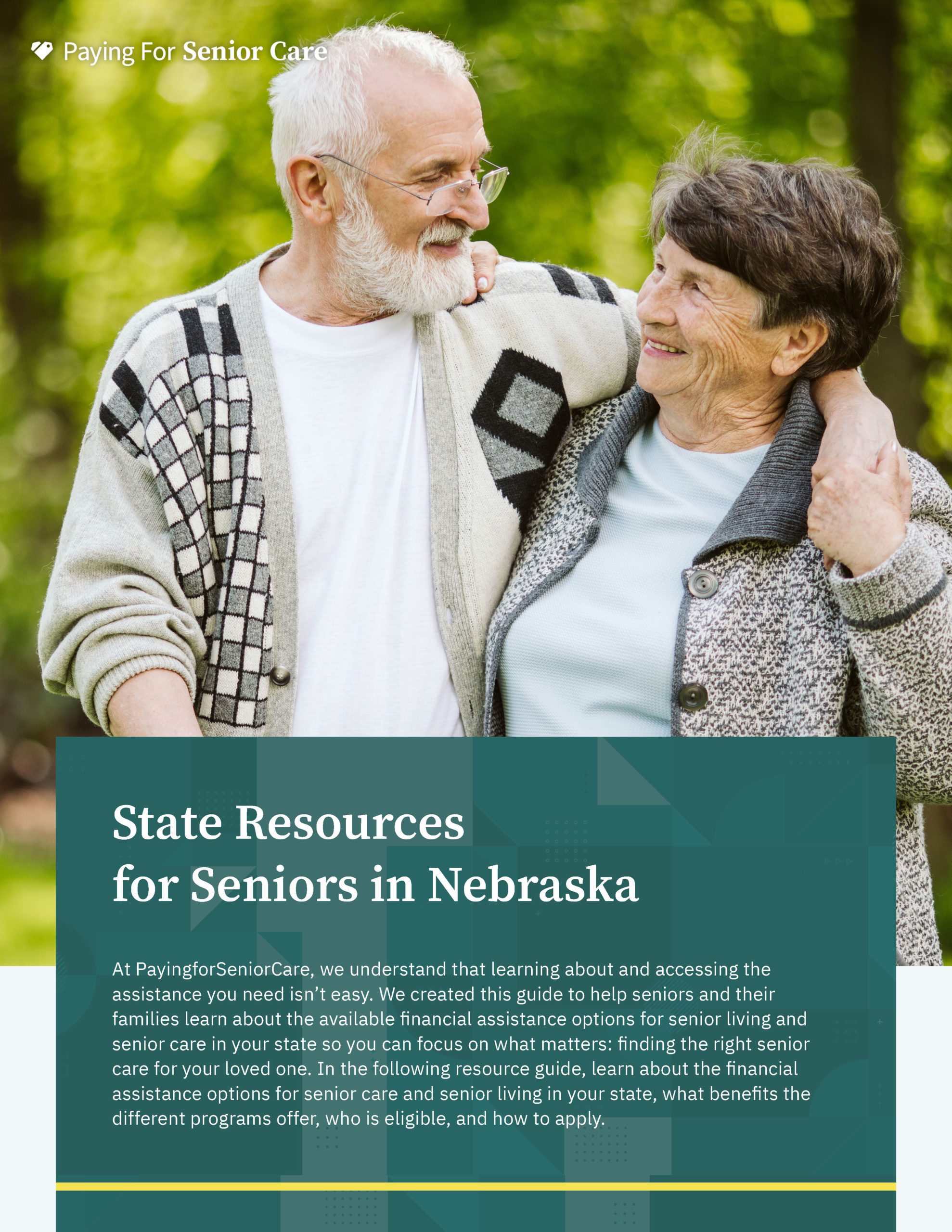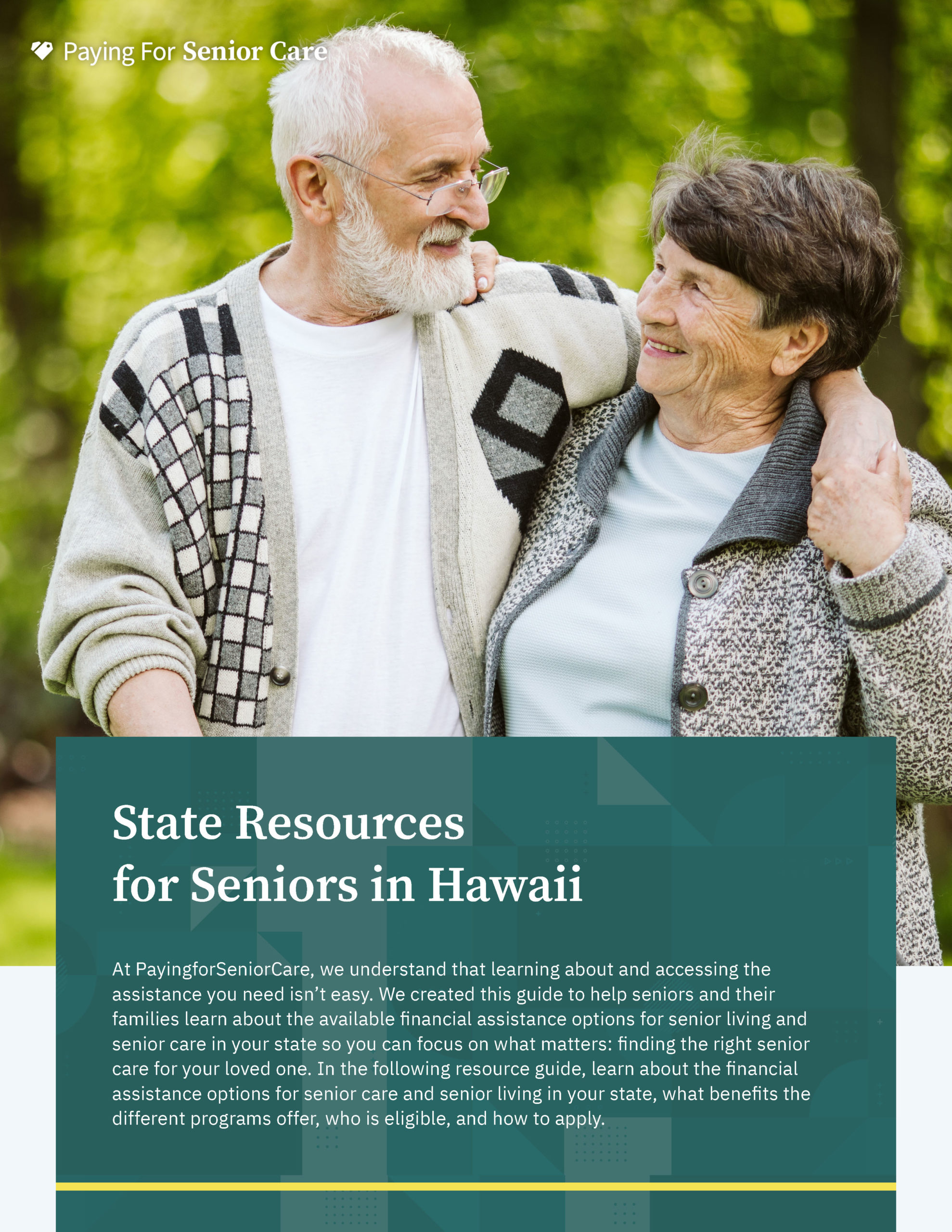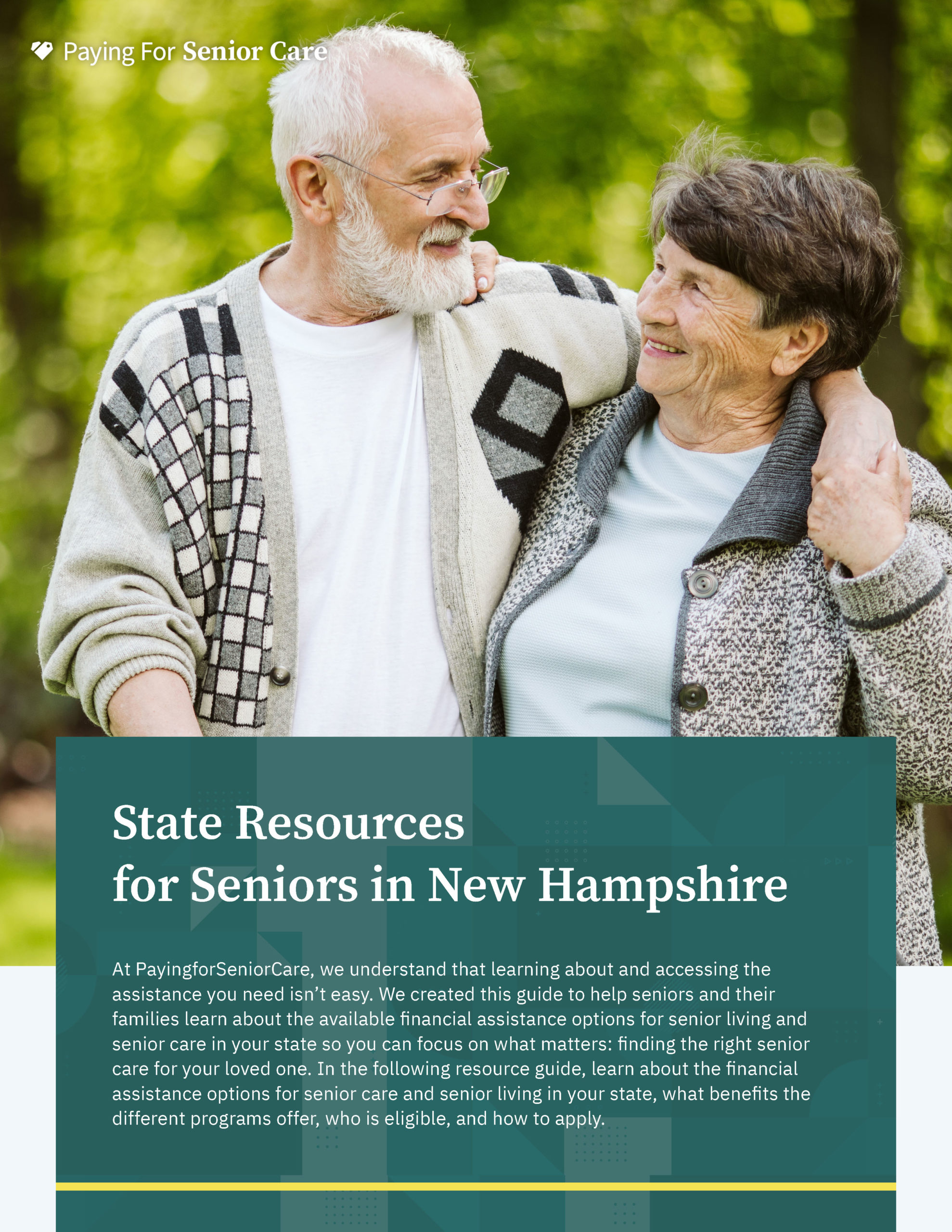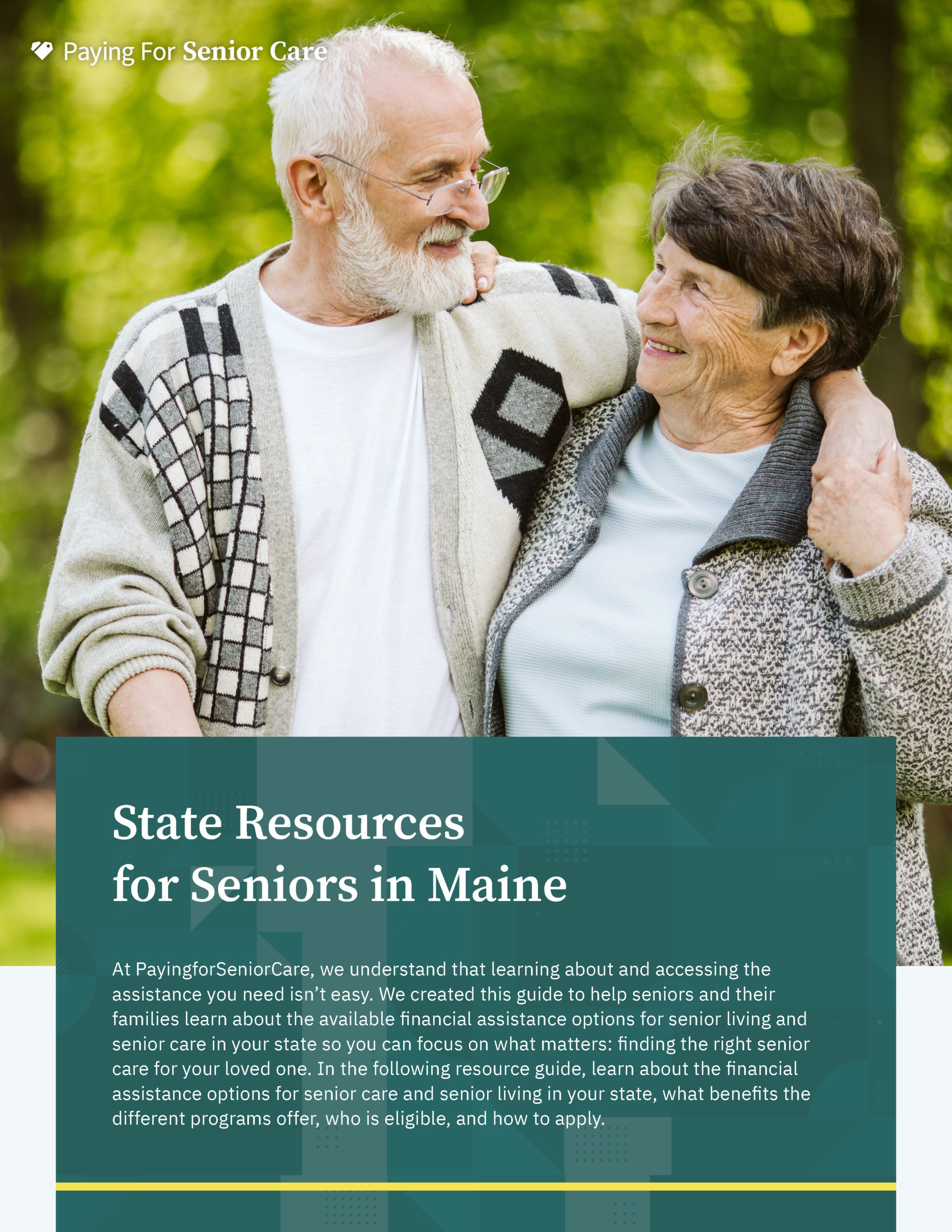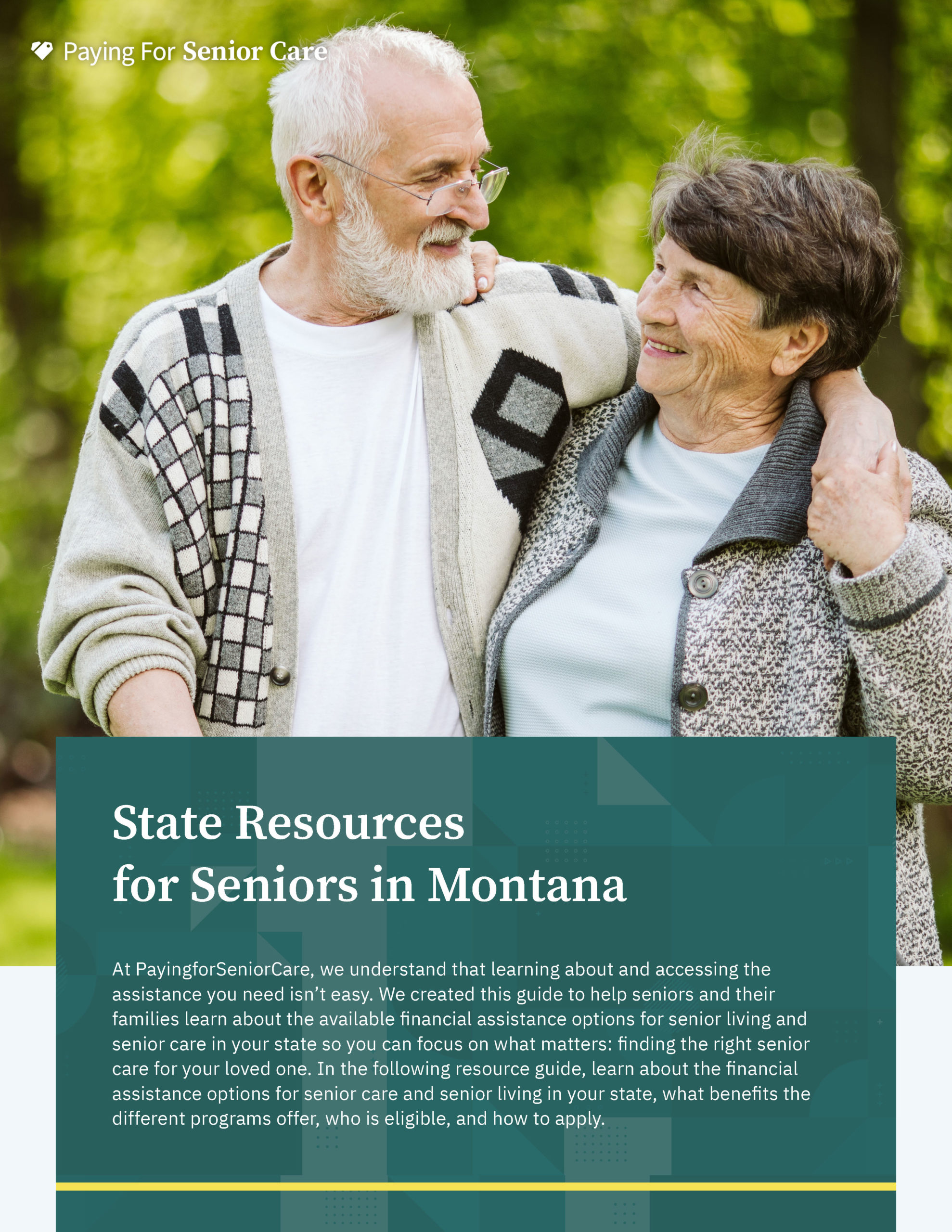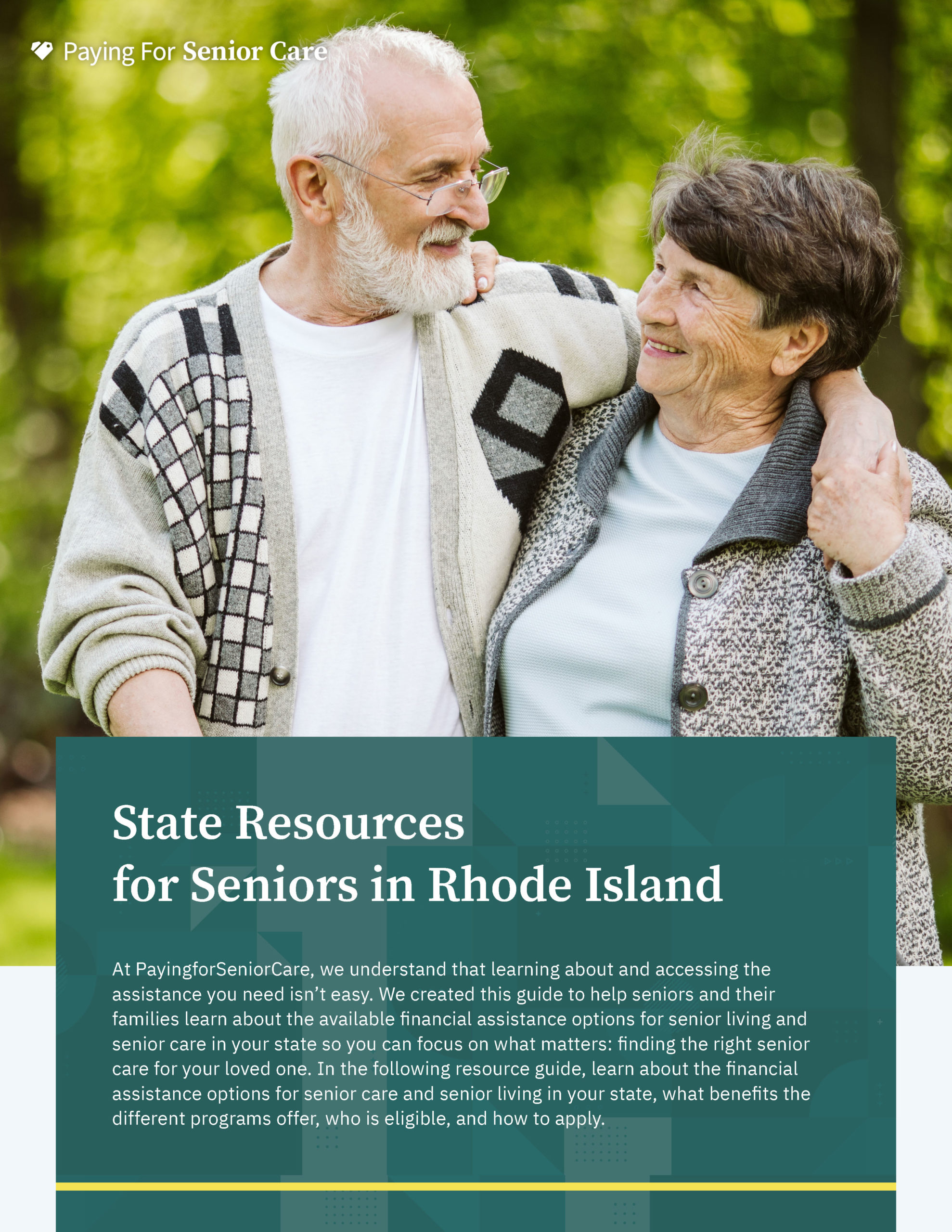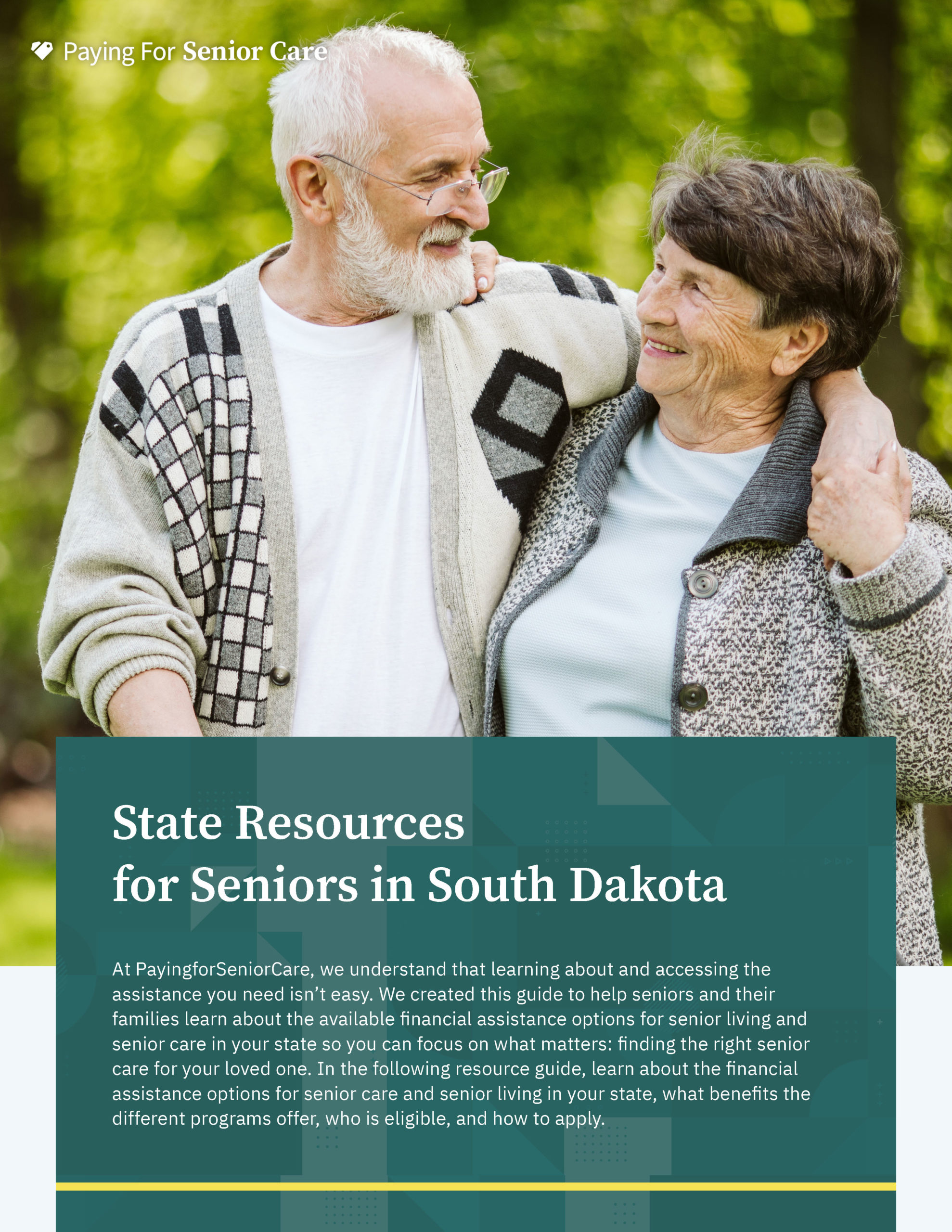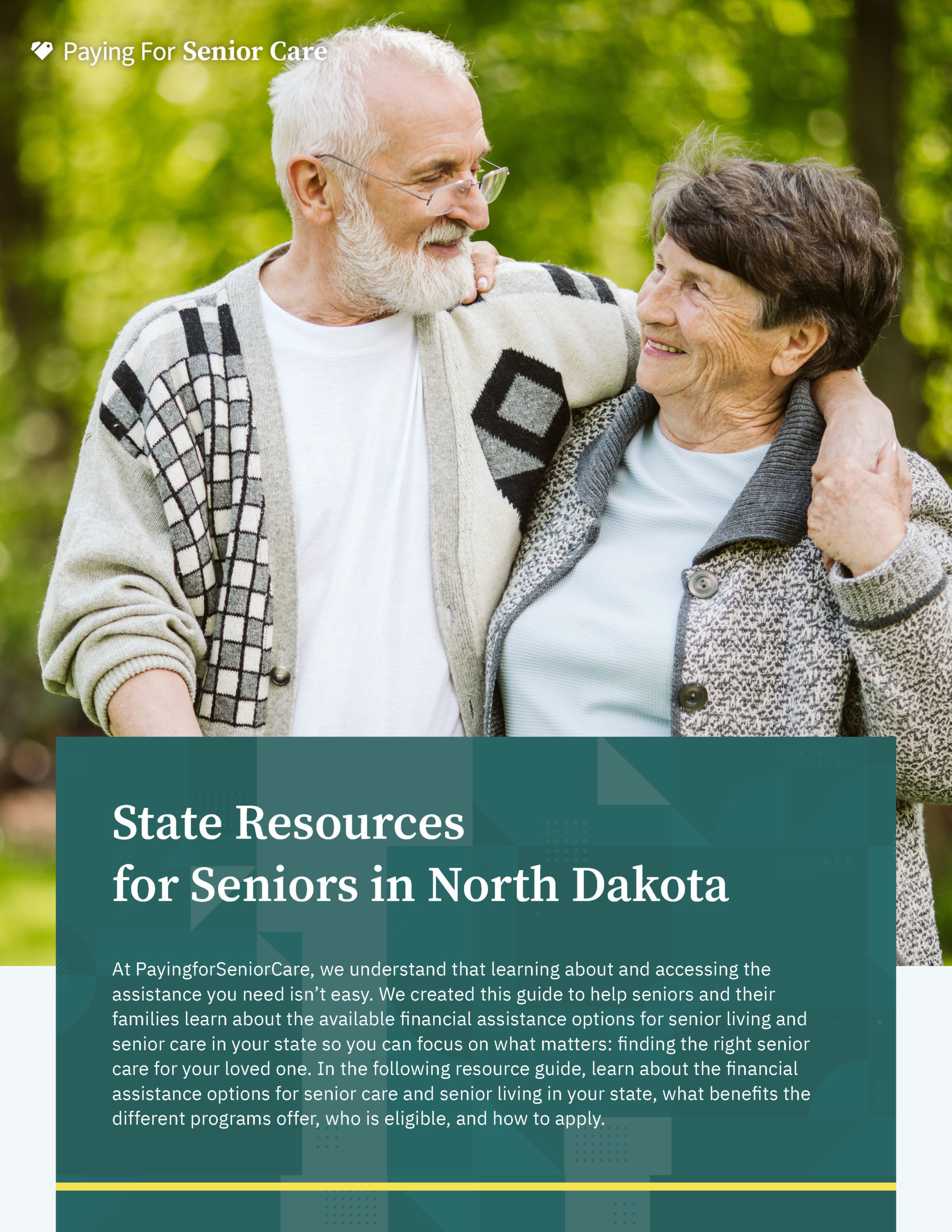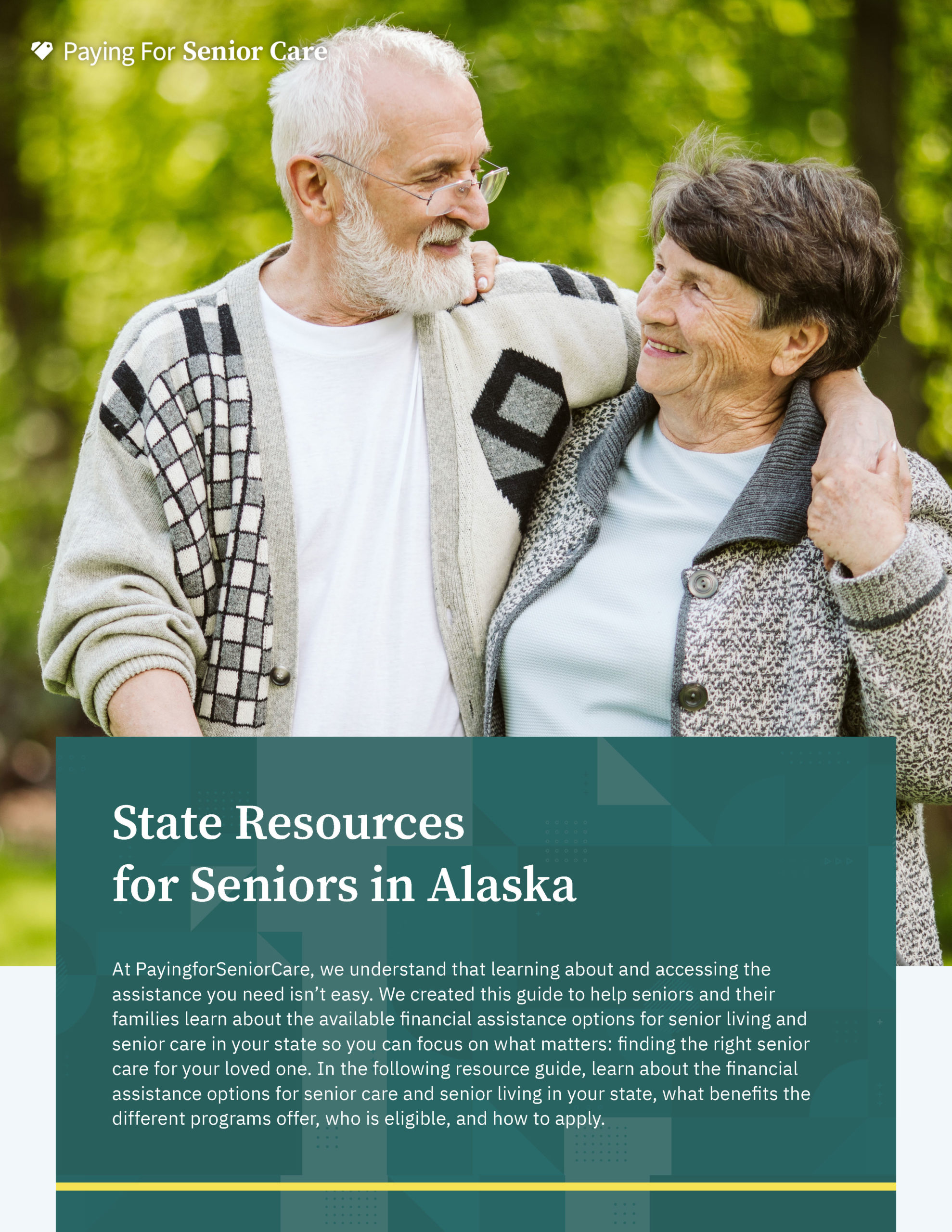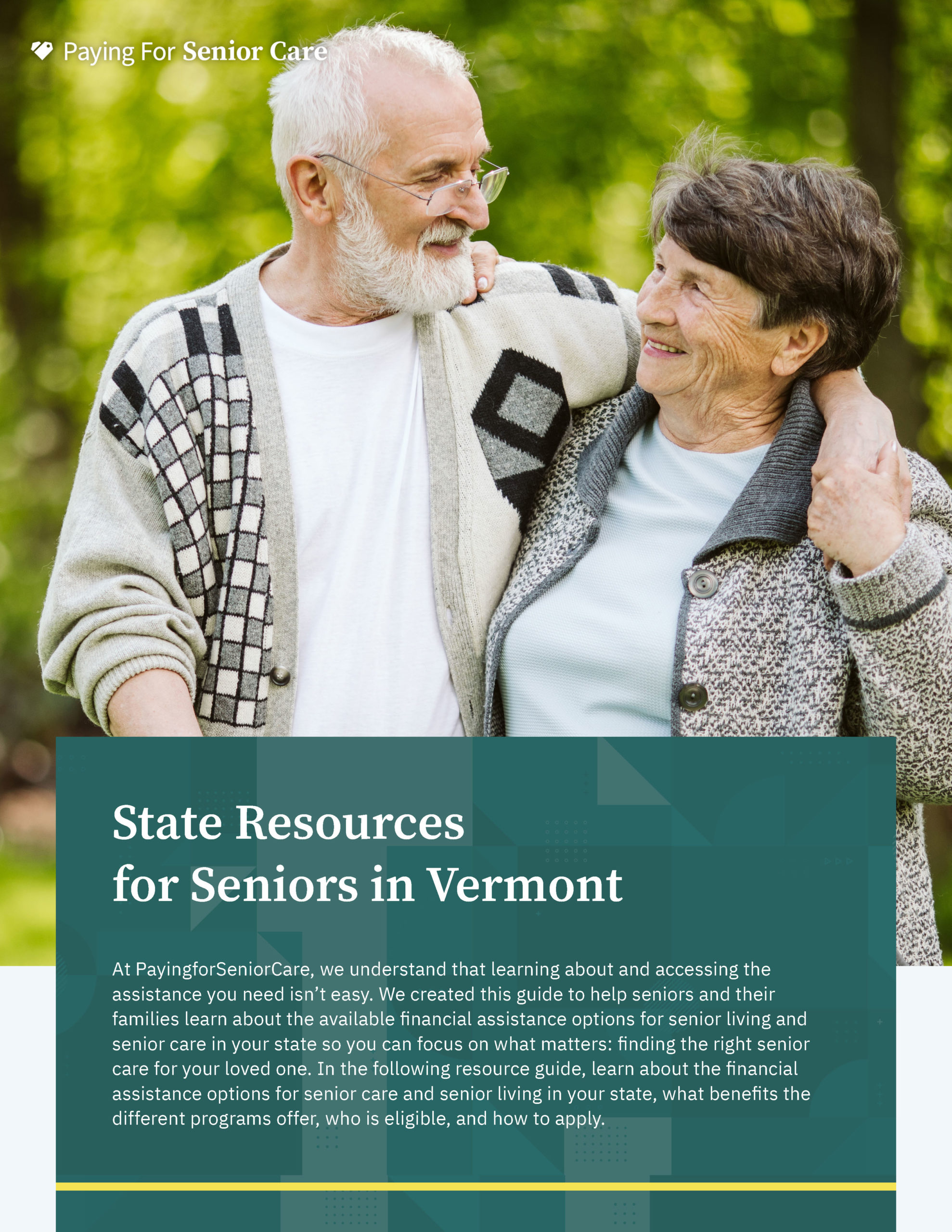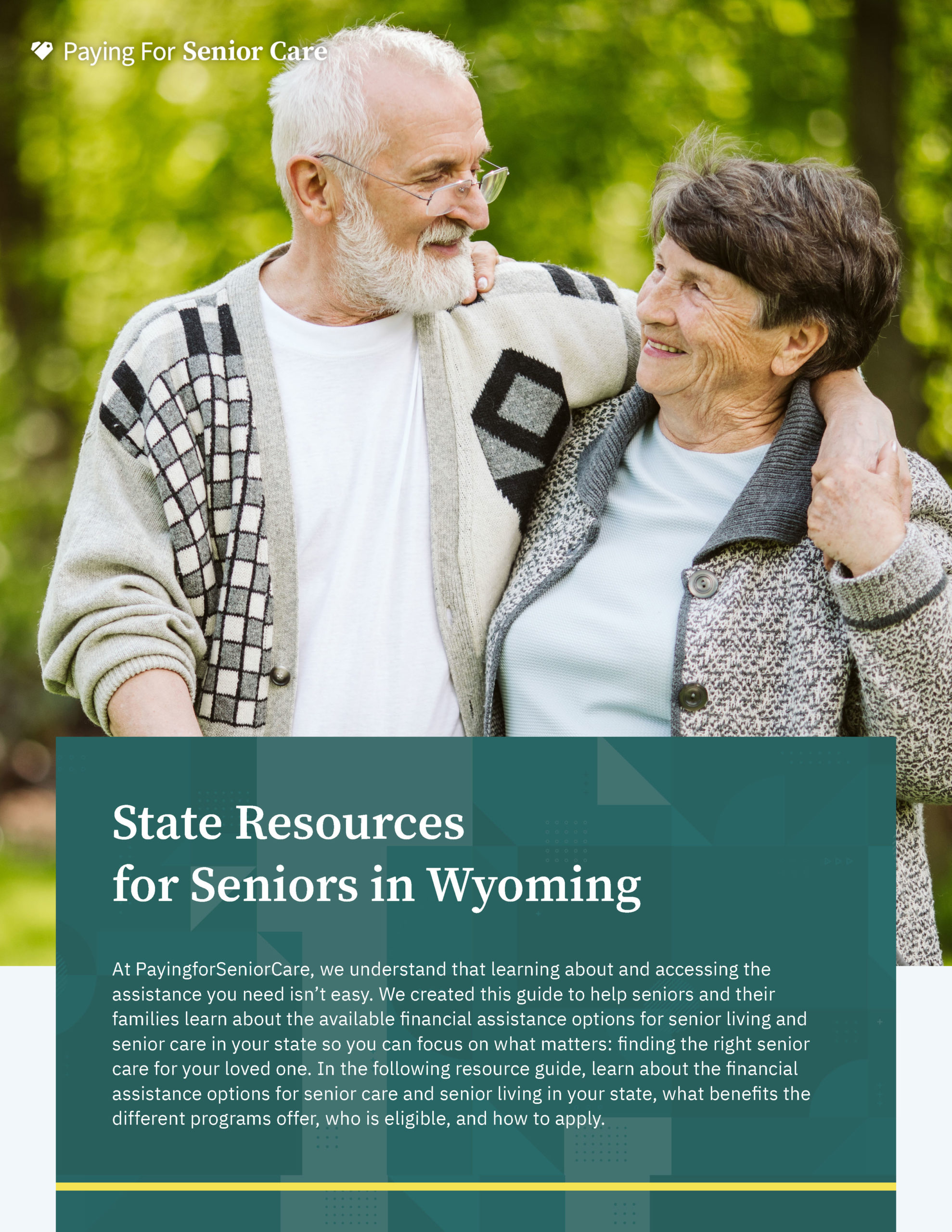If you’re an adult living in the United States, you or someone in your life has, at some point, likely experienced financial hardship. Financial strain and poverty can occur through external factors over which people have little or no control — where they grew up, their own or their loved ones’ health issues, disabilities, medical bills, unemployment, divorce, pandemics and so on. As people age, they’re more likely to experience situations that negatively affect their finances, and the longer they live, the more money they need to support themselves over their lifetimes.
According to a report by Congressional Research Service, the poverty rate of seniors living in the United States has decreased over the last 50 years. However, with the increase in the size of the senior population, the number of seniors ages 65 and over living in poverty increased to approximately 4.9 million adults in 2019. Senior poverty rates are also higher for certain subsets of the population, such as never-married people, Blacks and Hispanics.
Fortunately, the federal and state governments in the United States administer cash assistance and other programs to support seniors through the financial challenges they may experience. If you’re experiencing financial hardship, have unstable living conditions or need funds to access health care, reach out to nearby organizations to find the support and resources you need.
Below, we’ve included an overview of the types of financial assistance available to seniors throughout the country as well as state-by-state lists of programs near you.
Cash Assistance Programs
If you or someone you know is struggling financially, federal, state or local programs may be available that specifically provide cash assistance to low-income seniors or adults. While more programs may be available in your area, two of the main cash assistance programs available throughout the country include Supplemental Security Income and Social Security.
SSI is a federal benefit program providing monthly cash payments to qualifying low-income adults ages 65 and older and people with disabilities. These cash payments are meant to help recipients meet their basic needs of food, clothing and shelter.
Eligibility
To be eligible to receive SSI payments, seniors must have a monthly income and assets below the minimum SSI threshold, which varies according to location.
You may qualify if you are:
- Over age 65
- Blind
- A person with a disability
To Apply
To apply for Supplemental Security Income, call your local Social Security office or (800) 772-1213 to make an appointment.
Social Security is the program responsible for distributing retirement benefits in the United States. Typically, qualifying recipients who are ready to receive these benefits get cash payments that equal approximately 40% of their pre-retirement income.
Eligibility
To receive full Social Security benefits, a person typically must be at least the full retirement age, which is usually between ages 66 and 67. A person can also opt to begin receiving Social Security payments as early as age 62, but the amount they receive is reduced. To be eligible to receive Social Security, seniors must have worked and paid taxes long enough to receive at least 40 Social Security “credits.” Most people must work at least 10 years to receive 40 credits.
To Apply
Seniors can apply for Social Security online or at their local Social Security office.
Food Assistance Programs
Food assistance programs are available to help low-income or financially struggling seniors obtain nutritious food.
The Supplemental Nutrition Assistance Program is a nationwide program administered through the Social Security Administration. Low-income individuals and families can receive a SNAP debit card that they can use at most grocery stores to buy their own food.
Eligibility
To qualify for SNAP, a person must be at least 60 or older or be receiving disability payments. Additionally, they must have an income below the program’s net income threshold (which varies by location and year), and under $3,500 in monetary resources.
To Apply
To apply for SNAP, visit www.socialsecurity.gov or contact your local Social Security office. You can also call 1 (800) 772-1213. If you’re hard of hearing or deaf, call (800)-325-0778.
Housing Assistance Programs
Some federal housing assistance programs provide financial aid and/or more affordable housing to low-income seniors.
The U.S. Department of Housing and Urban Development administers the FHA Reverse Mortgage Program, which allows senior homeowners to withdraw funds from their home’s equity to support their income through a Home Equity Conversion Mortgage.
Eligibility
To qualify, the senior must own a home and go through an FHA-approved lender to receive the reverse mortgage. The amount received depends on factors such as age and current interest rates.
To Apply
To apply for a Home Equity Conversion Mortgage, call (800) 569-4287, or search for a counseling agency to contact.
The Consumer Financial Protection Bureau offers information on how residents of each state can access financial assistance to help pay for rent and utilities. States and local organizations within states have received federal funds to distribute to residents whose financial situations have been negatively impacted by the COVID-19 pandemic.
Eligibility
Specifics may vary according to local organizations, but programs typically require applicants to have experienced financial hardship due to the COVID-19 pandemic (such as through illness, job loss or reduced work hours or income), be experiencing housing instability or risk of homelessness, and fall below a certain percentage of the area’s median income.
To Apply
Apply through your local Emergency Rental Assistance Program.
Community action agencies in each state may offer seniors help with paying their energy (heating and cooling) bills through a LIHEAP grant.
Eligibility
Seniors may qualify if they have limited income and pay their own home energy bills (gas and/or electric), either directly to an energy company or included in their rent payments.
To Apply
To apply for energy assistance, contact your local Community Action Agency, or call the Division of Aging and Adult Services at (602) 542-4446.
Health Care Assistance Programs
Low-income seniors may qualify for financial assistance in obtaining health care and needed prescriptions through Medicare and Medicaid.
Those 65 or older or under 65 with a disability may be eligible for Medicare, which is government-funded health insurance. It’s designed to help pay for medical care, such as doctor visits, hospital stays and prescription drugs.
Eligibility
Individuals ages 65 and older or under 65 who meet specific disability guidelines are eligible for Medicare.
To Apply
Connect with your local Social Security office by using the online search tool or by calling (800) 772-1213. You can also apply online for Medicare if you’re within three months of turning 65 and aren’t yet ready to receive monthly Social Security payments.
Medicaid also helps people pay for medical care. It’s available to low-income individuals who are 65 or older, blind and/or have a disability. Eligible seniors may be able to receive Medicare coverage as well as Medicaid. Medicaid may help pay for a portion of their Medicare costs.
Eligibility and How to Apply
Medicaid is both state and federally funded, and rules vary according to each state. Contact your state’s Medicaid office for questions about eligibility and how to apply.

